Information about the attendees confirmed for the School
Attendees

Aisha Ilyas
Nanyang Technological University, Singapore
I am a Ph.D. candidate in Chemistry at NTU, Singapore. My current research is about the development of analytical methods for the quantitative and qualitative detection of microplastics and tire wear particles in environmental samples.

Alan Demarchi Jaccoud
Federal University of São Paulo, Brazil
Bachelor in Chemistry and master’s student at UNIFESP. Works on the development of solid-phase microextraction methods and chromatographic analysis of emerging contaminants, within the SACRE/USP water resources project.
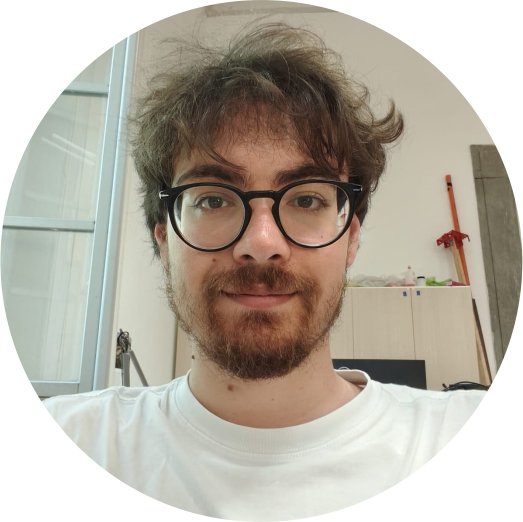
Alessio Tomei
University of Pisa, Italy
Environmental Scientist, Ph.D. candidate in Geoscience and Environment. Research objective: to create a method to assess groundwater pollution from wastewater with a multi-tracer approach, including the analysis of Emerging Pollutants.
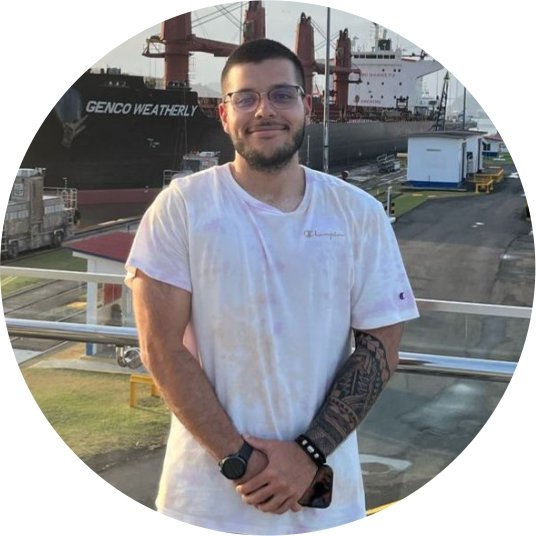
Alonso Coronado Marchena
Research Center of Environmental Contamination, Costa Rica
I am an advanced chemical engineering student and research assistant at the Bioremediation Laboratory (LBR) within the Research Center for Environmental Contamination (CICA). My research focuses on the removal of emerging pollutants such as pharmaceutical compounds, pesticides, and dyes from aqueous matrices using.
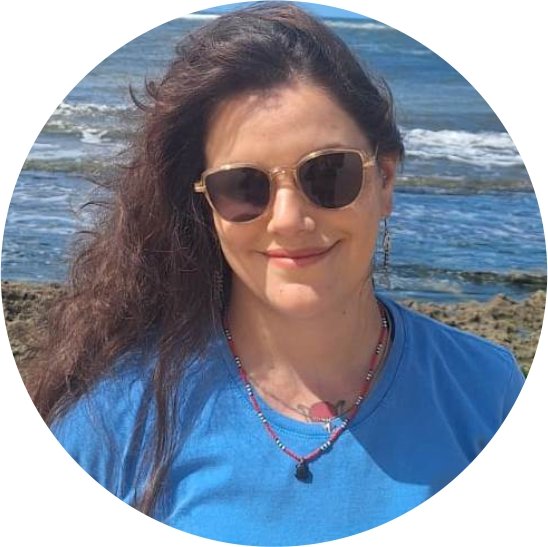
Amanda Brambilla dos Santos
Federal University of São Paulo, Brazil
Biologist and doctorate student in Biodiversity and Marine and Coastal Ecology at the Federal University of São Paulo (UNIFESP) in Santos. Through the world of data, studies marine pollution from a spatio-temporal perspective.

Amanda Câmara de Souza
University of São Paulo (USP), Brazil
Ph.D. candidate in Oceanography at Oceanographic Institute, USP. My research focuses on the occurrence, distribution, and behavior of regulated and emerging contaminants in the marine environment, using target and non-target screening approaches.
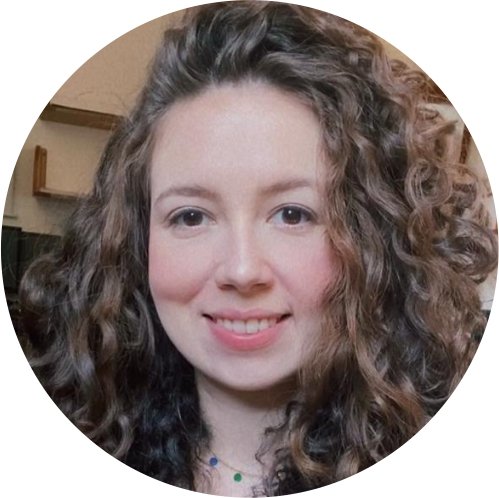
Ana Carolina Benites Aquino
University of São Paulo, Brazil
Agronomist and Ph.D. candidate in Soil Science, with research interests in the impact of pollutants on soil fertility and microbiology, as well as biogeochemical changes in the soil–plant–atmosphere system caused by climate change.
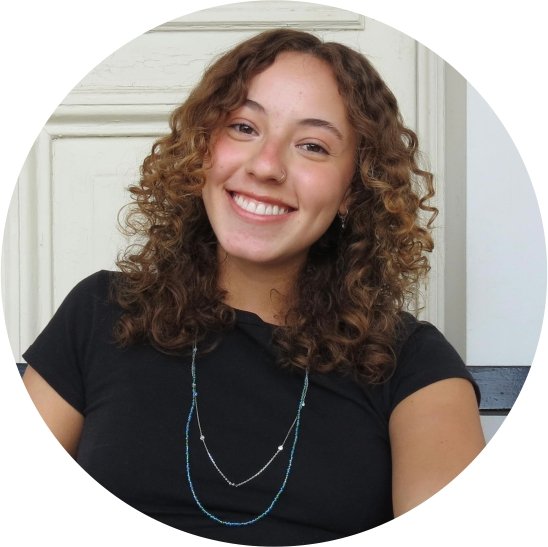
Ana Carolina Ferreira Cavalcante
Federal University of São Paulo, Brazil
Environmental Engineering student currently interning at DP World in quality management and engaged in scientific research on ecotoxicology, marine pollution, and environmental impact reporting through academic projects.
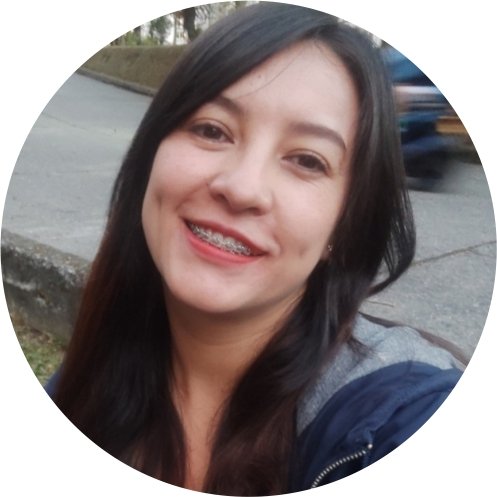
Ana Marcela Ruiz Montilla
University of Caldas, Colombia
I am a chemist and statistics specialist, currently pursuing a Master’s degree in Chemistry at the University of Caldas, Colombia. My research focuses on removing emerging pollutants—specifically parabens—from water using adsorbent materials. I also work at the National Metrology Institute of Colombia (INM).
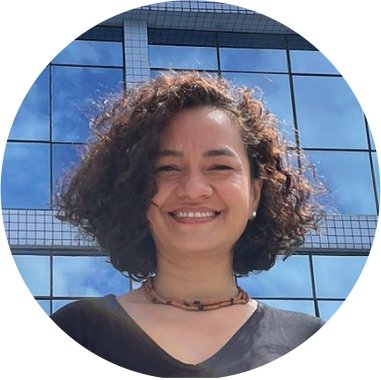
Ana Maria da Costa de Souza
Federal Rural University of Pernambuco, Brazil
I am a biologist with a master’s degree and a Ph.D. student in Biodiversity from the Federal Rural University of Pernambuco. I work on research on Marine angiosperm ecosystems; Plastic pollution and Aquatic biomes of the Brazilian semiarid region.
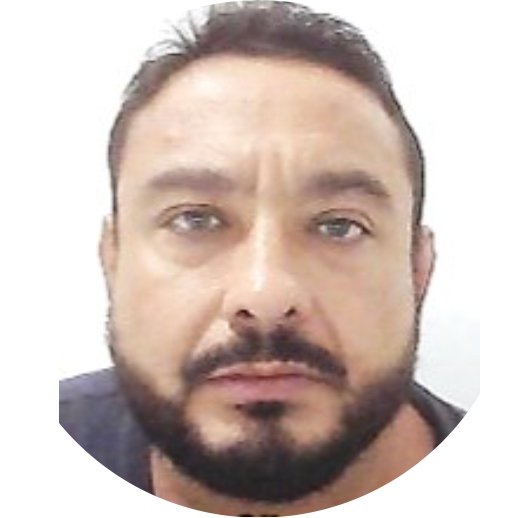
Anderson Targino da Silva Ferreira
State University of Campinas, Brazil
Multidisciplinary background in geosciences, data analysis, and remote sensing. Ph.D. candidate at UNICAMP, with expertise in microplastics, machine learning, and geotechnologies. Researcher at IO-USP, IPEN, and postdoc at UNICAMP.
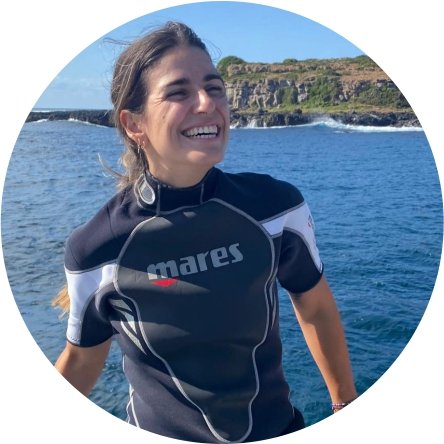
Andrea Cordero de Castro
Spanish National Research Council, Spain
Energetic biologist, specializing in aquatic ecotoxicology and project management. Passionate about education for ocean conservation & restoration, I enjoy working within interdisciplinary teams. I hold master´s degrees in Marine Biology, and in Environmental.

Andrés Yar Hernández
Pontifical Catholic University of Chile, Chile
I am a Ph.D. student researching solar photoelectro-Fenton for wastewater treatment. I am also an Environmental engineer with experience in electrochemistry, AOPs, and micropollutant removal.
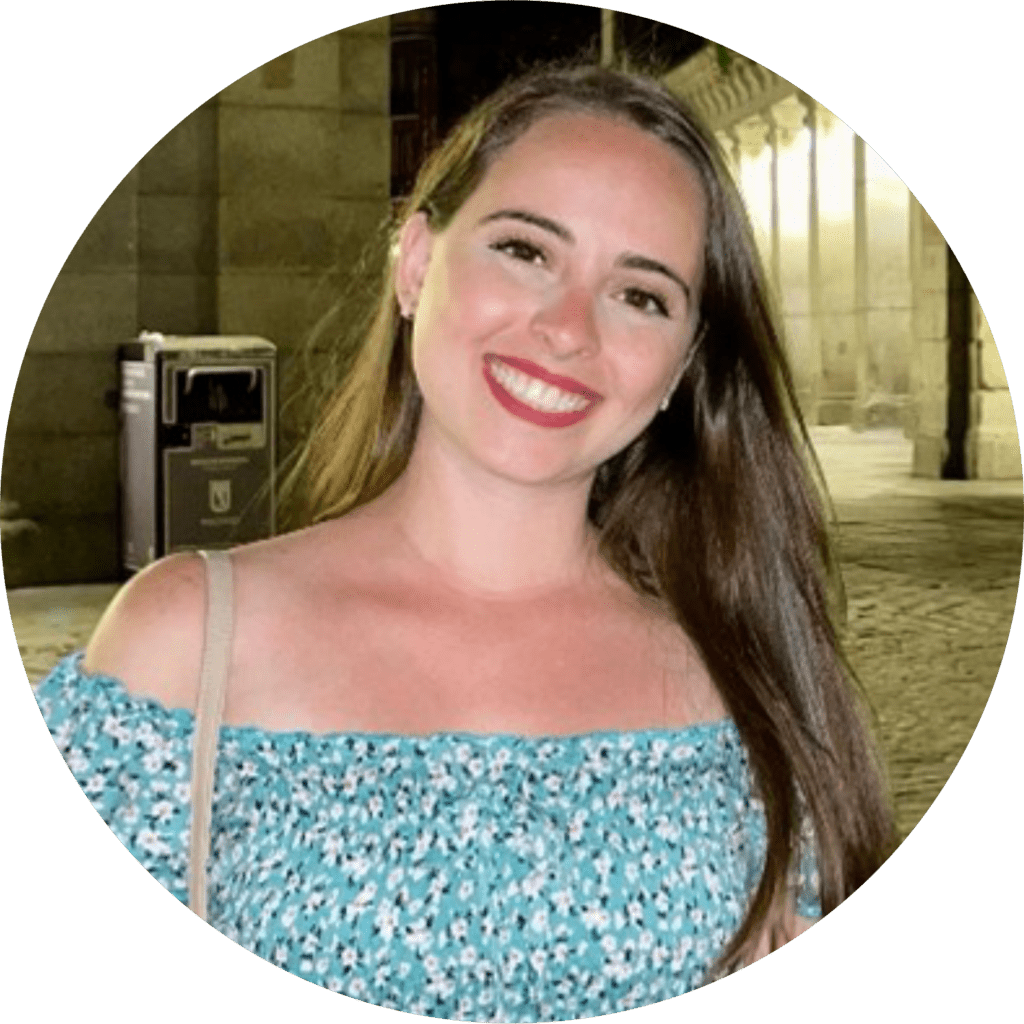
Andressa dos Santos Barbosa Ortega
Federal University of São Paulo, Brazil
I am a Marine Biologist with a Master’s degree from Unifesp and a Ph.D. from UNESP, including a research internship at the Università degli Studi di Milano. My research focuses on ecotoxicology and the impacts of environmental contaminants on aquatic ecosystems. I have experience in interdisciplinary and international collaborations in this field.
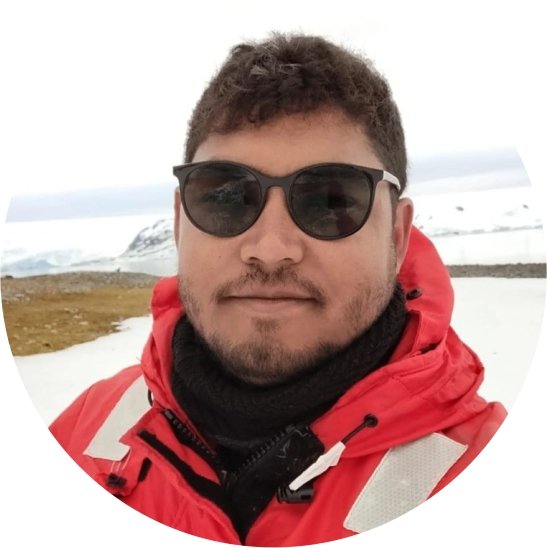
Antonio Derley de Sousa Pereira
University of São Paulo, Brazil
Oceanographer, Ph.D. candidate in Chemical Oceanography at the Oceanographic Institute, University of São Paulo, specializing in marine pollution, organic contaminants, and environmental chemistry.
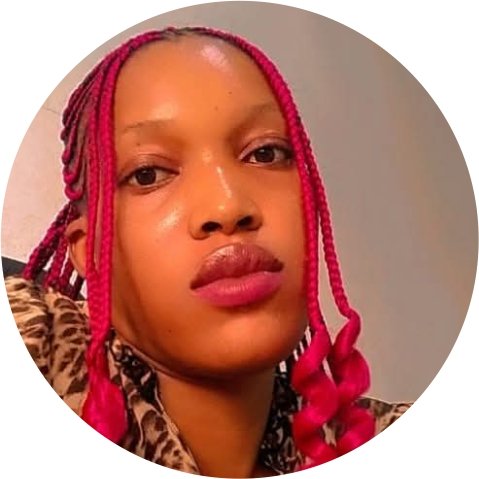
Azuka Amaechi King Alex
Federal University of São Paulo, Brazil
I hold a Master’s in Materials Science and Engineering with a focus on biomaterials and a Bachelor’s in Chemistry. I work as a Team Lead at Feratto Industries and as a part-time lecturer and researcher. My research includes 3D-printed scaffolds for breast tissue engineering and extraction of bioactive compounds, bridging academic and industrial experience in materials and environmental applications.
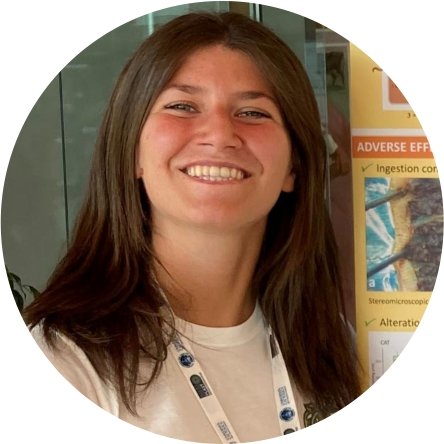
Beatrice De Felice
University of Milan; Italy
Postdoc at the University of Milan, Ph.D. in Environmental Science. Ecotoxicologist studying the effects of emerging contaminants using a multilevel approach from sub-individual to population level on freshwater and terrestrial model organisms.
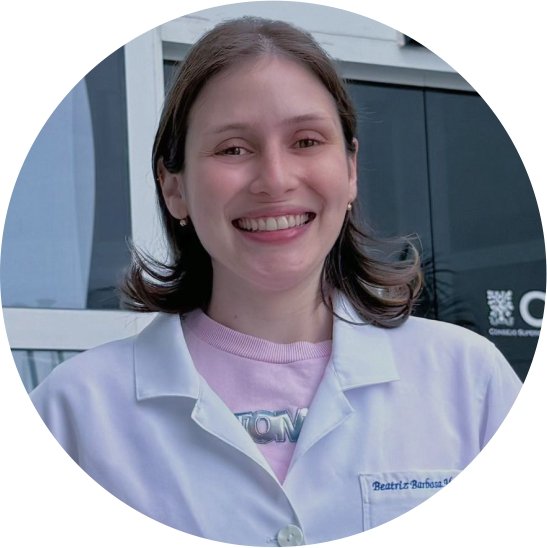
Beatriz Barbosa Moreno
Federal University of São Paulo, Brazil
Bachelor’s degree in Biological Sciences with an emphasis on Marine Biology from Universidade Santa Cecília. Completed a Master’s degree in Sciences at the Federal University of São Paulo and holds an MBA in Environmental Management. Currently a Ph.D. candidate at the Federal University of São Paulo. With extensive experience in the field of Ecotoxicology, she focuses on studying the impacts of pollutants on marine ecosystems and developing strategies to mitigate these effects.
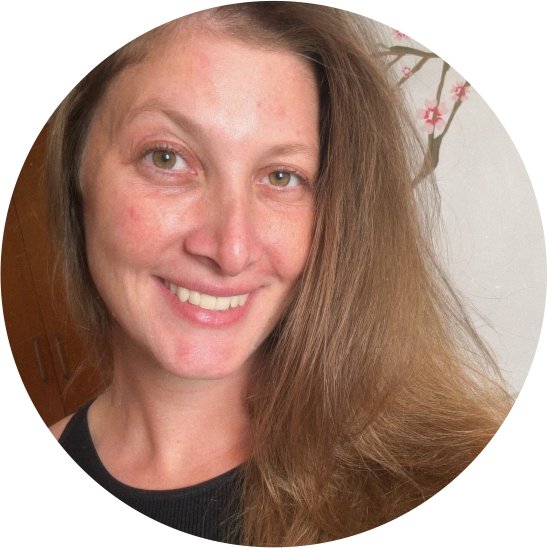
Beatriz Zachello Nunes
Federal University of São Paulo, Brazil
Multidisciplinary scientist with a Ph.D. in Oceanography, business experience, and strong data analysis skills. Passionate about environmental research and creative data solutions for marine pollution and sustainability.

Bede Izuchukwu Ezewudo
State University of Rio de Janeiro, Brazil
I am a lecturer at Nnamdi Azikiwe University, Awka, with a Ph.D. in Hydrobiology (UNN). Currently a postdoc at Universidade do Estado do Rio de Janeiro (UERJ) and a recipient of Young Researcher of the State of Rio de Janeiro, Brazil, scholarship. My current research focuses on understanding the fate and main factors controlling the dynamics of microplastics and nanoplastics in aquatic ecosystems.

Belén Villafañe
Argentine Institute of Oceanography, Argentine
I have a CONICET Doctoral Fellowship to research microplastics and emerging
contaminants, with a focus on atmospheric transport and climate interactions in coastal environments. Aiming to contribute research findings to environmental and public health policies in urban areas.
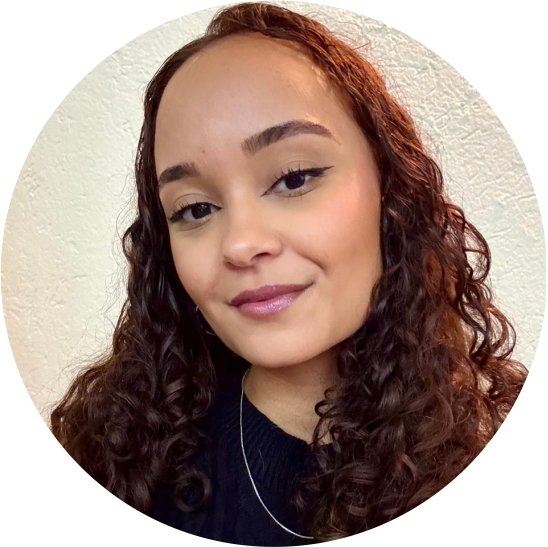
Bianca Gonzaga Arantes Silva
Federal University of Uberlândia, Brazil
I hold a degree in Biological Sciences from the Federal University of Uberlândia (UFU), and I am currently a master’s student in Ecology at the same institution. Since 2020, I have been part of the Laboratory of Applied Ecology and Ecotoxicology (LEATOX).
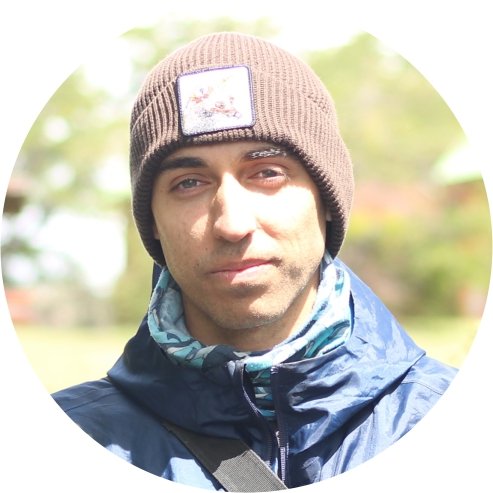
Borja Raimundo Bernales Santolaya
Mayor University, Chile
I am a marine biologist at the Centre for Resilience, Adaptation and Mitigation (CReAM), currently studying the ecotoxicology of pollutants -mainly mercury- in Chilean marine mammals, as sentinel species for ocean health.
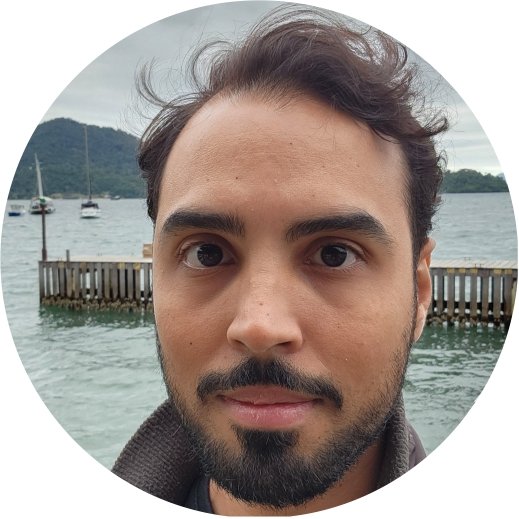
Bruno Salarini Peixoto
Fluminense Federal University, Brazil
Postdoctoral Researcher at Fluminense Federal University (UFF, Brazil). Industrial Chemist (2015) and Ph.D. in Chemistry (2022) by UFF. Specializes in sustainable chemistry, developing carbonaceous materials for catalysis and pollutant adsorption.
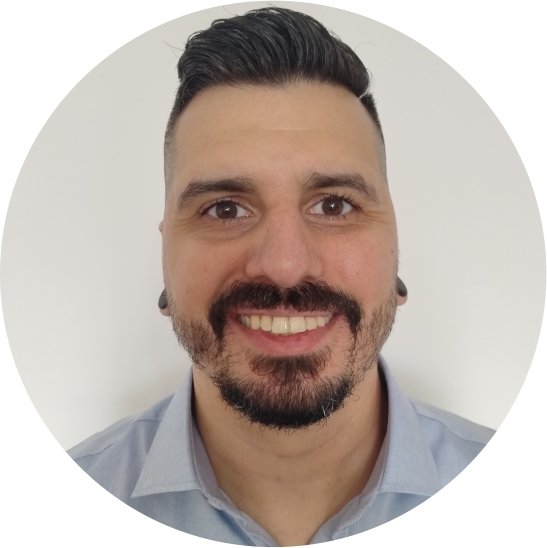
Caio Rodrigues Nobre
Federal University of São Paulo, Brazil
My research focuses on elucidating the ecotoxicological effects of emerging contaminants, including microplastics, pharmaceuticals and personal care products, illicit drugs and metallic nanoparticles, in isolation or combination, investigating damage at the different biological organization levels, together with bioaccumulation in aquatic organisms, and translating data into diagnostics for the environmental health of marine and coastal ecosystems.
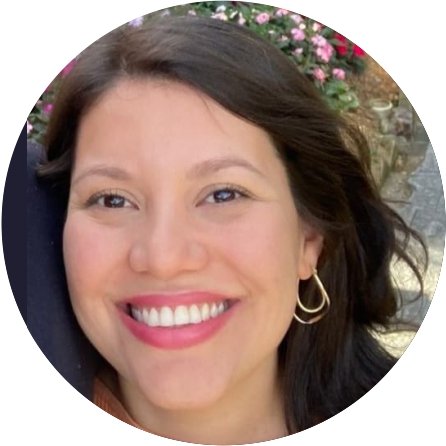
Camila Lisarb Velasquez Bastolla
Federal University of Santa Catarina, Brazil
Postdoctoral researcher in Biochemistry at UFSC. My main research interest is the impact of anthropogenic activities on aquatic organisms (e.g., bivalves), focusing on biochemical and molecular biomarkers related to biotransformation and oxidative stress. I hold an M.Sc. and I am a Ph.D. candidate in Aquaculture (UFSC).

Camille Cristina Siguinolfi
Federal University of São Carlos, Brazil
I am a chemistry student and a scientific initiation scholarship student in the Biosorbents Group of the Laboratory of Polymeric Materials and Biosorbents (Lab-MPB), dedicating myself to the area of biosorption of drug residues in aqueous media.
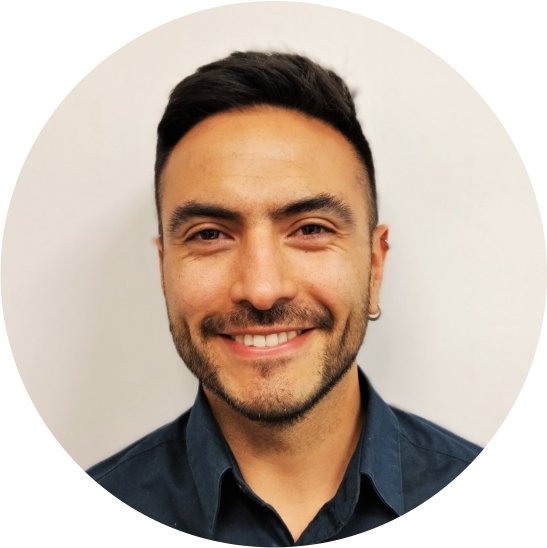
Camilo Emmanuel Sánchez Yáñez
Universidad Mayor, Chile
I work as a professor of Environmental Geology at the School of Geology, Universidad Mayor, Chile. My interests are particularly focused on environmental geochemistry in the context of contamination, urban growth, geosites and geodiversity conservation, and geochemistry related to mining. In addition, I am currently pursuing my doctoral research on persistent organic pollutants (POPs) in Antarctic environments and their remobilization driven by climate change.
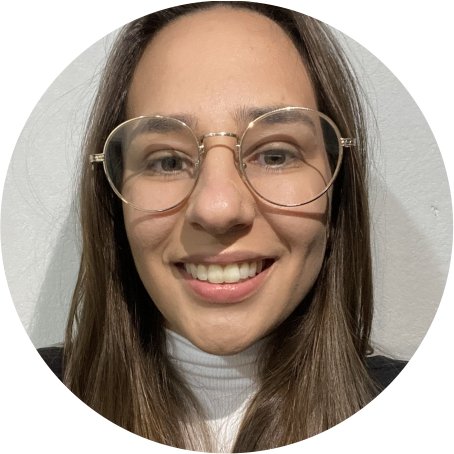
Carla Fernanda Grasel Frois
Federal University of Rio Grande do Sul, Brazil
I am a chemist and Ph.D. student in Analytical and Environmental Chemistry. My research involves using advanced oxidation processes to treat wastewater, with emphasis on transformation products, risk assessment, and prioritization of compounds.

Caroline Carneiro Balbela
Federal University of Rio Grande, Brazil
I am a Bachelor and Master in Oceanology, currently pursuing a Ph.D. in the same field. My research explores how microplastics may affect the carbon biogeochemical cycle in Blue Carbon Ecosystems, with special attention to microbial community responses.
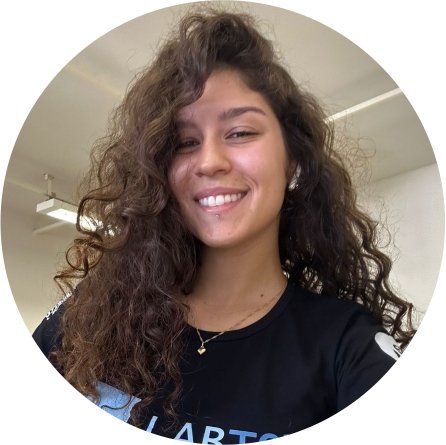
Cassiana Rebello de Carvalho
Federal University of Santa Catarina, Brazil
I´m a master’s student in Environmental Engineering at the Federal University of Santa Catarina (UFSC). I am investigating the toxicological effects of three nanoparticles of emerging contaminants on the freshwater species Daphnia magna at the LABTOX.
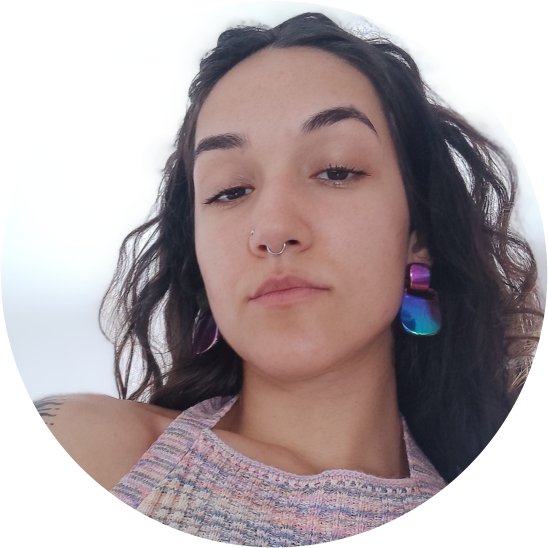
Catielen Paula Pavi
Federal University of Santa Catarina, Brazil
Biologist with a master’s in Biotechnology and Biosciences from UFSC. Currently a Ph.D. student at the Applied Virology Lab, studying how emerging micropollutants interact with viruses and affect human, environmental, and animal health.
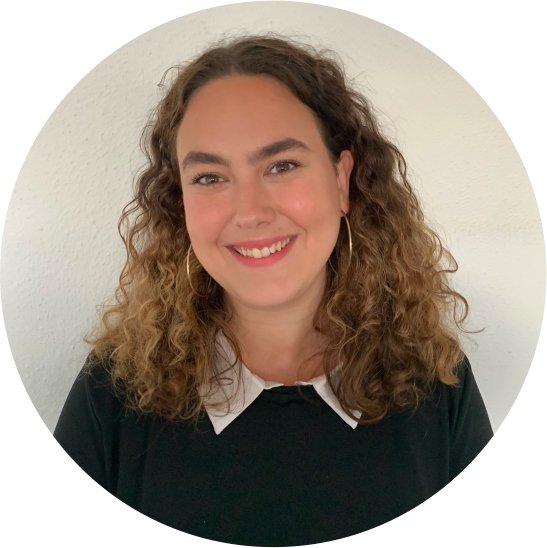
Céleste Mouth
University Le Havre Normandie, France
Ph.D. student in aquatic ecotoxicology jointly affiliated with Le Havre Normandie University (France) and the University of Quebec at Rimouski (Canada). My research focuses on the impacts of micro- and nanoplastics on the copepod Eurytemora affinis in the Seine and St. Lawrence estuaries.

Cely Roledo
CETESB – Environmental Agency of São Paulo State, Brazil
Chemical Engineer and Doctor in Civil and Environmental Engineering. I have managed the Taubaté Laboratory Division at CETESB since 2013. My work focuses on water and wastewater monitoring, and my research centers on BPA and endocrine disruptor pollution, and low-cost adsorbent development.
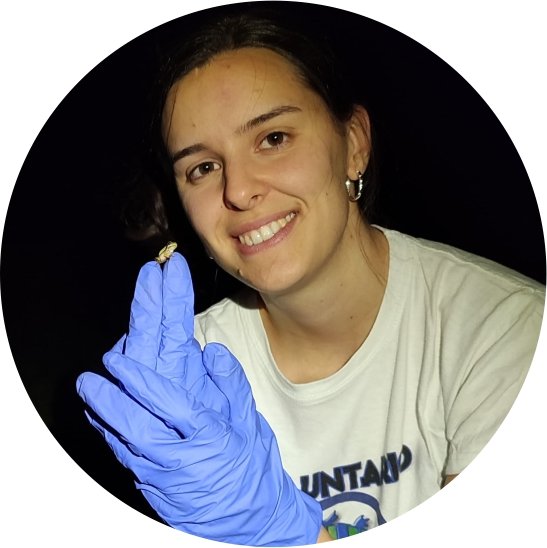
Claudia Santamaría Cervantes
Institute for Game and Wildlife Research, Spain
Ph.D. in Ecotoxicology at UCLM, holding a degree in Biology. My research focuses on how pesticide exposure affects avian reproduction and contributes to changes in bird populations inhabiting agricultural landscapes.
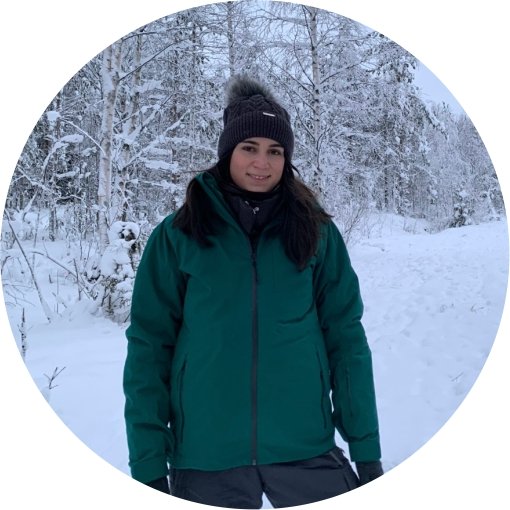
Corentine Guilloton
University Le Havre Normandy, France
I am a Ph.D. student in the area of aquatic ecotoxicology. My thesis research focuses on developing sensitive and ecologically relevant biomarkers of inflammation in a sentinel species, the blue mussel.
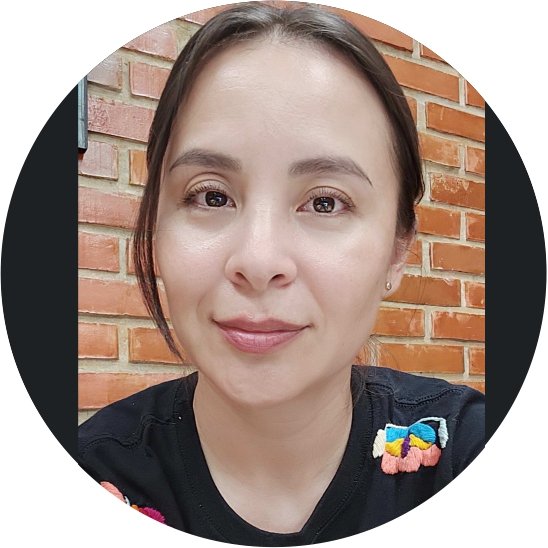
Daniela Alvarado Zambrano
National Autonomous University of Mexico, Mexico
Postdoctoral researcher at the Institute of Marine Sciences and Limnology of the National Autonomous University of Mexico (UNAM). She is a Biochemical Engineer (ITMAZ), and holds a M.Sc. in Aquatic Chemistry (UNAM), and a Ph.D. in Earth Sciences (UNAM, 2021).
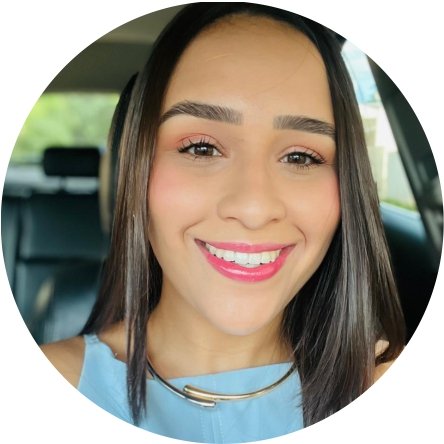
Daniele Moreira
São Paulo State Universisty, Brazil
Graduated in Chemistry, M.Sc. in Civil Engineering, and currently a Ph.D. student in Materials Chemistry at São Paulo State University (UNESP), Brazil, focusing on adsorption and photocatalysis of emerging pollutants.
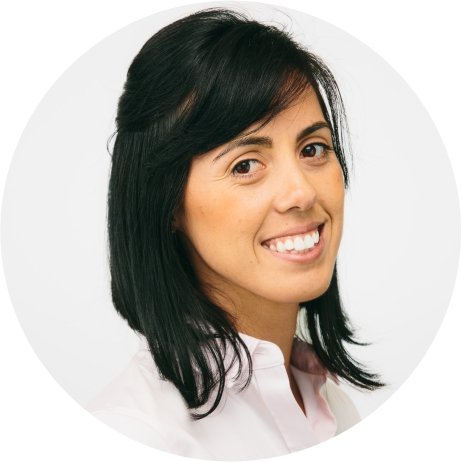
Danielle Ferraz Mello
Laboratory of Marine Environmental Sciences (LEMAR), France
Expert on how pollutants affect marine invertebrate immunity and disease susceptibility, currently focusing on immunometabolic mechanisms and improving the biological relevance of in vitro ecotoxicology research.
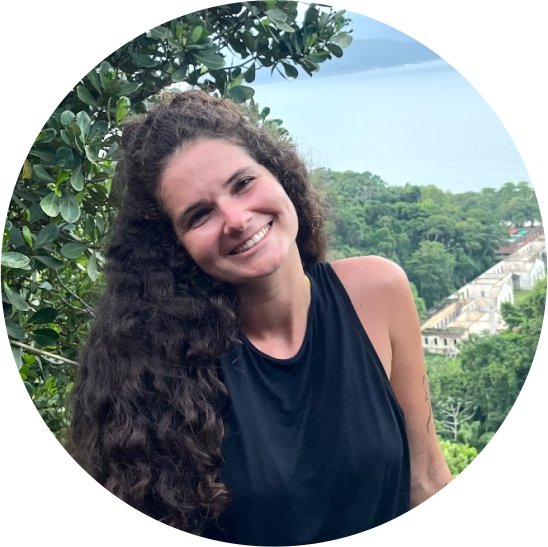
Danielle Garcia Araújo
Federal University of São Paulo, Brazil
Ph.D. student at UNIFESP, Master’s from IPEN/USP, Marine Biology background. I study how climate change and stressors like ocean acidification, phenanthrene, and microplastics impact marine ecosystems.
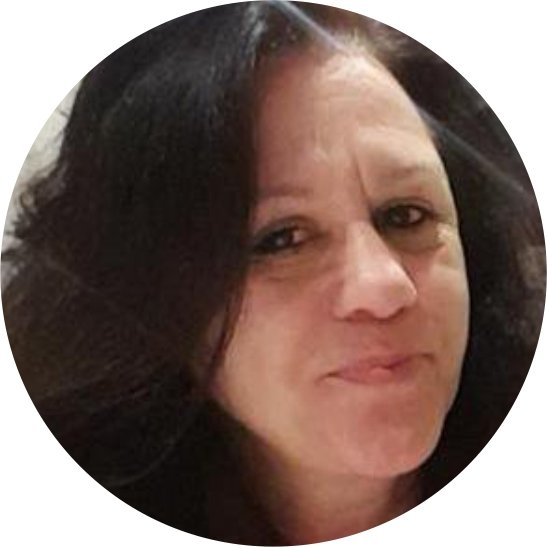
Deise Dias Semim
Federal University of São Paulo, Brazil
I am a biologist with a focus on aquatic ecotoxicology, seeking to understand the impact of contaminants on marine ecosystem health.

Eugénio Salessu Vale Clemente
University of Coimbra, Portugal Agostinho Neto University, Angola
Researcher in sustainable solid waste and wastewater management with awards and international experience in Europe and Africa. His PhD research focuses on developing waste-based catalysts for solar AOPs applications, promoting circular economy.
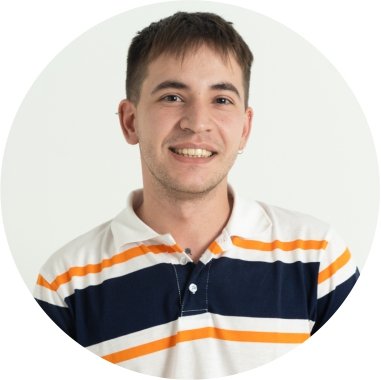
Facundo Leonel Cortés
University of Córdoba, Argentina
I am a chemist and Ph.D. candidate at the University of Córdoba (Argentina). I study the occurrence of veterinary antibiotics and heavy metals in poultry industry residues and their removal through phytoremediation strategies using native macrophytes.
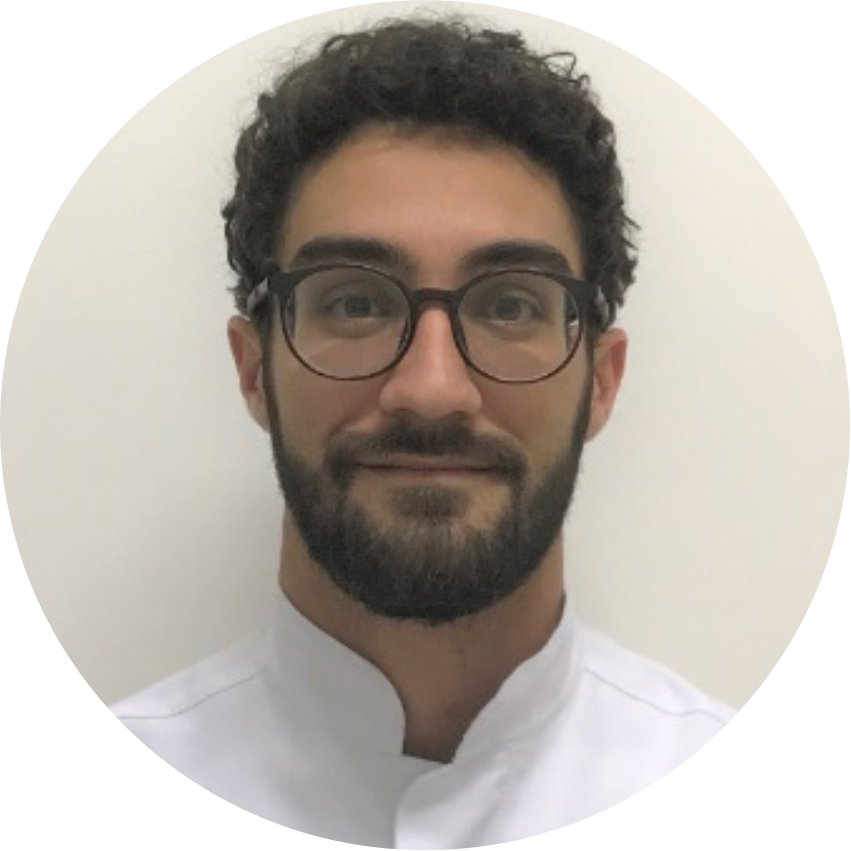
Felipe de Camargo Ribeiro
Federal University of São Paulo, Brazil
Biologist with MSc and PhD in Oral Biopathology (Microbiology & Immunology, UNESP). Postdoc in Medical Mycology (UNIFESP), with research in the US. Expertise in yeast ID, virulence, antifungal resistance, and pathogenicity models; works on CDC-funded AMR surveillance.

Félix Augusto Silva de Andrade
Federal University of São Paulo, Brazil
Bachelor’s degree in Marine Sciences and Environmental Engineering, I am currently a doctoral student at UNIFESP developing a project focused on the analysis at different levels of organization of benthic models, often used in ecotoxicological essays.
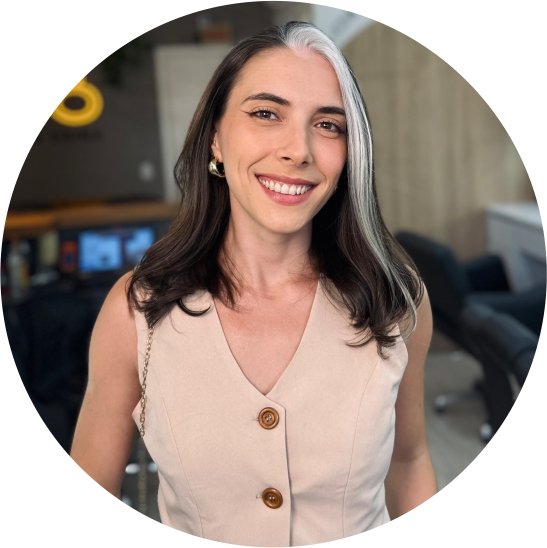
Francielle Crocetta Turazzi
Federal University of Santa Catarina, Brazil
Ph.D. in Materials Science and Engineering, Bachelor in Chemistry from the Federal University of Santa Catarina, with expertise in polymeric materials and analytical chemistry, focusing on sample preparation and chromatographic techniques.
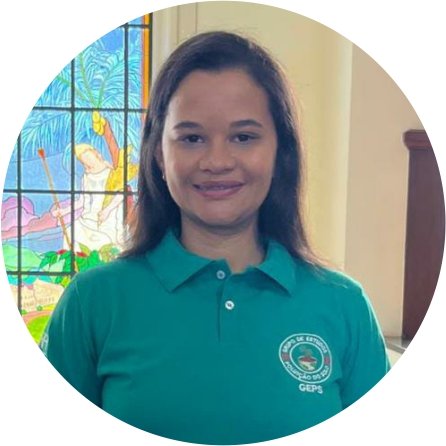
Francielle Medeiros Costa
University of São Paulo, Brazil
Ph.D. student at USP, funded by FAPESP. Research focuses on soil pollution, xenobiotics, antibiotic resistance genes, and environmental quality in tropical agroecosystems, using chemical and metagenomic tools within the One Health perspective.
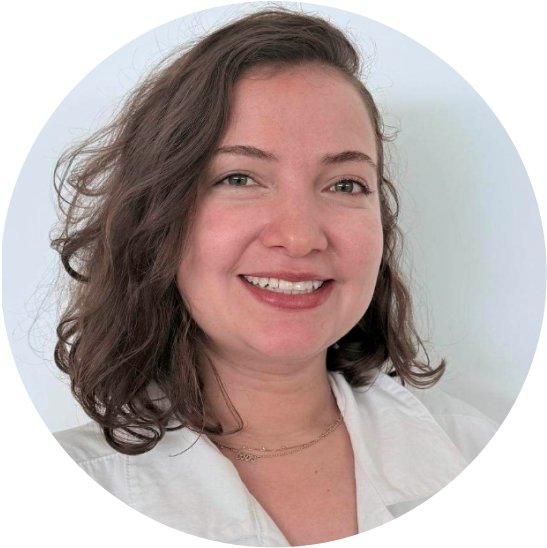
Franciely Lorenzon Carvalho
Federal University of Espírito Santo, Brazil
Environmental Engineer, M.Sc. in Science and Mathematics Education, and Ph.D. student in Environmental Engineering. Researches rhizosphere microbiota adaptation for the removal of emerging contaminants in nature-based systems such as constructed wetlands.
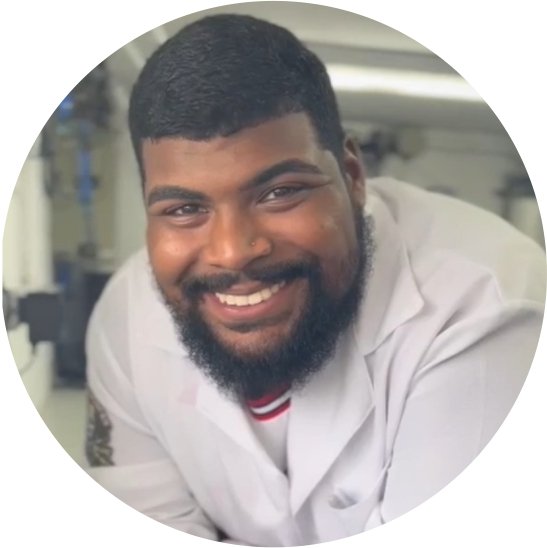
Francisco Eduardo Melo Dos Santos
Santa Cecilia University, Brazil
I hold a degree in Marine Biology and a Master’s in Ecology. My research focuses on ecotoxicology, especially microplastics, organic contaminants, and climate change.
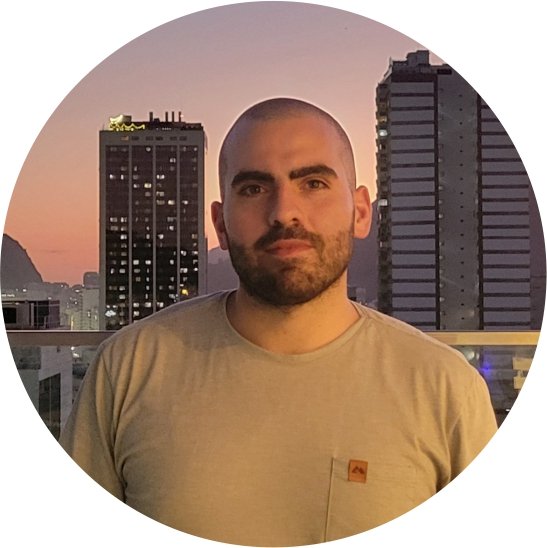
Franco Cecchetto
Institute of Marine and Coastal Research, Argentina
Ph.D. student at the National University of Mar del Plata (UNMDP) and fellow at the Laboratory of ecotoxicology and environmental contamination, IIMyC (CONICET-UNMDP). I study the impact of current-use pesticides and legacy pollutants on bumblebees.
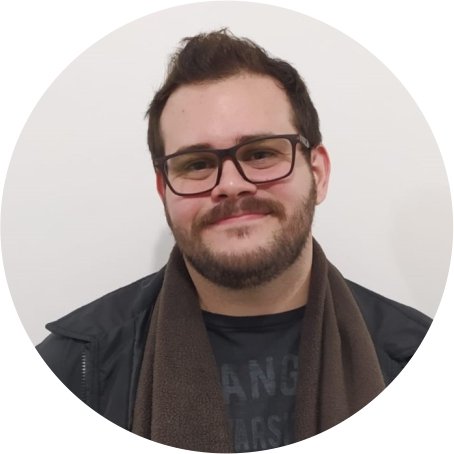
Gabriel Alexsander Barboza Prates
Federal University of Santa Maria, Brazil
I am a Ph.D. candidate in Chemistry at the Federal University of Santa Maria, where I also earned my Master’s and Bachelor’s degrees. My research focuses on developing and validating analytical methods for pesticide detection in water, aligned with national and state regulations. I have experience with UHPLC-MS/MS systems and multiresidue analysis.
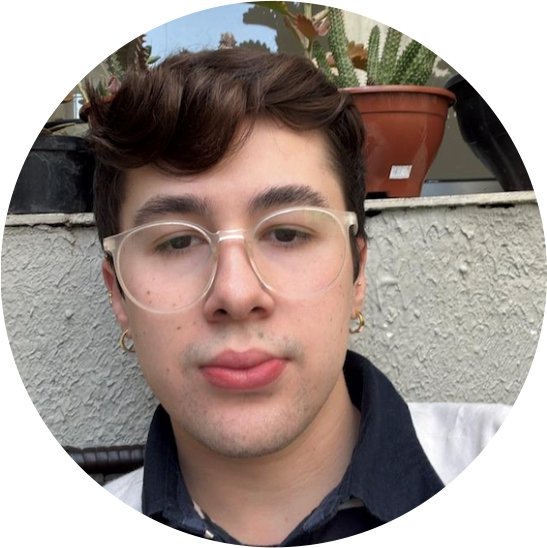
Gabriel Louzã Alonso
Federal University of São Paulo, Brazil
Chemical Engineering student, working with nanofiltration membranes, photoelectrocatalysis and polymeric membranes for water treatment and modified electrodes decorated with metal-organic frameworks (MOFs). Currently developing hybrid systems combining these two technologies at the Laboratory of Environmental Engineering and Control (LENCA), with focus on sustainability and emerging contaminants.

Gabrielle Dias Pereira
Federal University of Santa Maria, Brazil
I hold a degree in Industrial Chemistry and am currently a Master’s student in Analytical Chemistry. My research focuses on the preparation and analytical evaluation of samples aimed at identifying residues and contaminants in food, environmental matrices, and emerging pollutants.
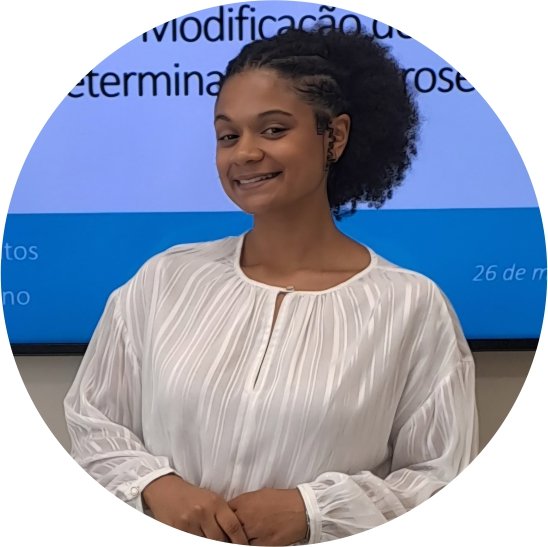
Gloria Tersis Vieira dos Santos
São Paulo State University, Brazil
I am a Master’s student in Biotechnology with a degree in Bioprocess and Biotechnology Engineering from UNESP. My research focuses on the development of electrochemical sensors modified with nanocomposites based on bacterial nanocellulose derived from waste for the detection of emerging pollutants.
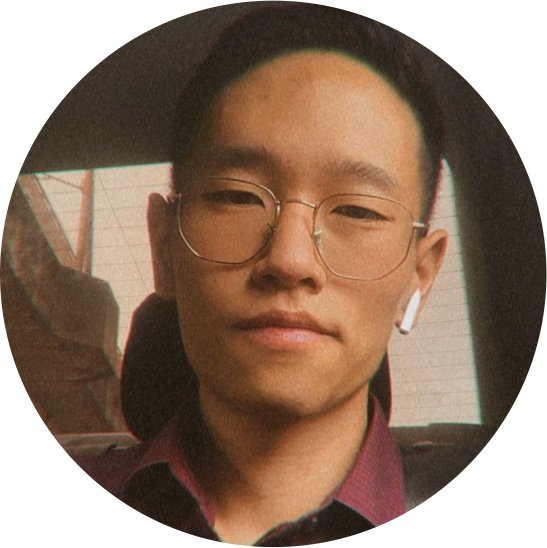
Guilherme Akira Hossotani Akiho
Federal University of São Paulo, Brazil
Graduated in Chemistry at Federal Institute of São Paulo (IFSP). Currently pursuing a Master’s degree in Chemistry at the Federal University of São Paulo (UNIFESP). My research investigates the application of photoelectrocatalysis using electrodes composed of Ti-Nb with nanotubes and copper-based metal-organic frameworks (MOFs) for the degradation of emerging pollutants.

Gustavo Kirsch
Federal University of Santa Catarina, Brazil
Biologist and master’s student in Cell and Developmental Biology, with experience in ecotoxicology and morphology. My research focuses on the effects of wildfire ash and microplastic contamination on tadpole development in freshwater ecosystems.
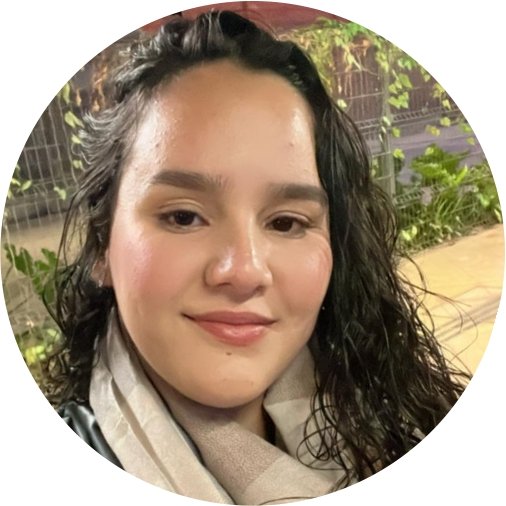
Helen Reis Modesto
Federal University of São Paulo, Brazil
Ph.D. student at the Federal University of São Paulo. Currently developing research on monitoring natural waters for the prospecting of antifungal drugs using advanced analytical techniques (LC-MS) and applying green chemistry principles.
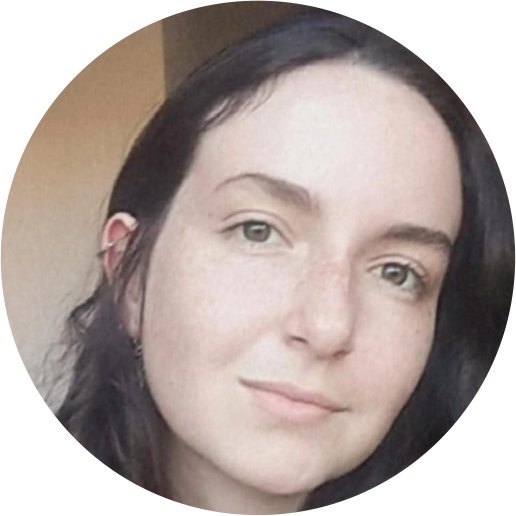
Helena Romann Tambelli
Federal University of São Paulo, Brazil
Pharmacy undergraduate student at UNIFESP. Currently conducting research at the Laboratory of Environmental Engineering and Control (LENCA) on the photoelectrocatalytic degradation of emerging contaminants.
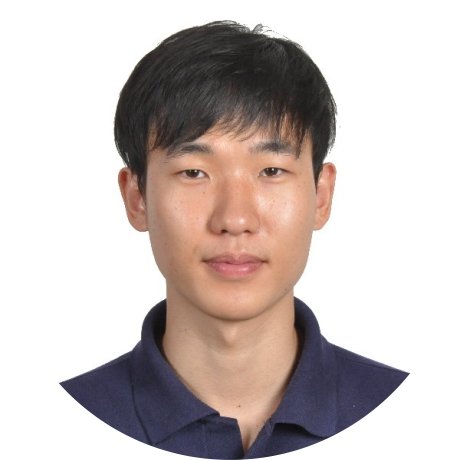
Hyeongyoung Choi (Joseph)
Baylor University, USA
Environmental chemist and a Ph.D. student at Baylor University studying water quality and emerging contaminants. His current research focuses on PFAS occurrence across an urbanization gradient in Texas estuaries.
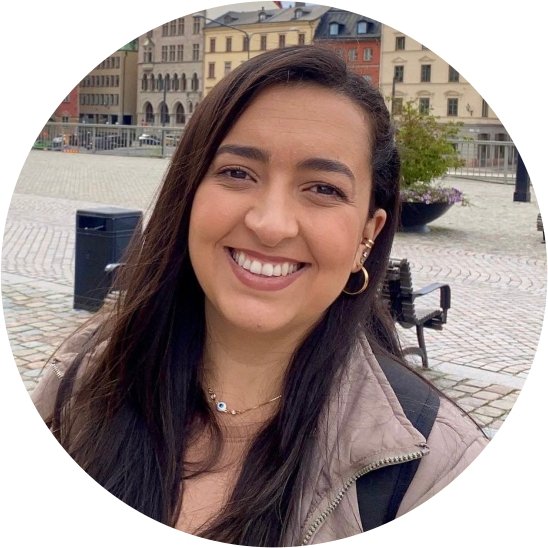
Isabel Pereira da Silva
Federal University of Minas Gerais, Brazil
Bioprocess engineer with a Ph.D. in Sanitation, Environment and Water Resources. Postdoctoral researcher focused on wastewater treatment, resource recovery, emerging pollutants, and circular economy solutions.

Isabela Furlan de Carvalho
São Paulo State University, Brazil
Brazilian biologist with a habilitation in Marine Biology and Coastal Management. Holds a Master’s degree in Aquatic Biodiversity from São Paulo State University (UNESP), Brazil. Her research focuses on coastal dynamics (particularly sedimentology), anthropogenic microparticles, and biodiversity conservation.
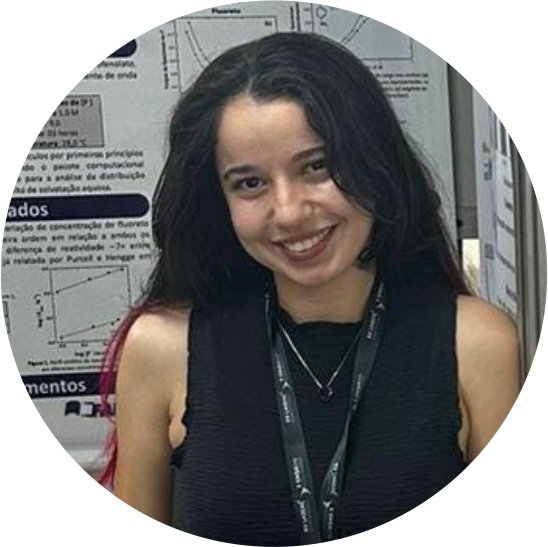
Isadora Ferrer do Nascimento
Federal university of São Paulo, Brazil
Undergraduate student in Chemistry (UNIFESP) and affiliated with the Laboratory of Integrated Sciences (LabInSciences) with research in the area of development of adsorbent materials and monitoring strategies for psychotropic drugs in surface waters.

Isadora Paz Fuentealba Cortés
University of Santiago de Chile, Chile
Chemical engineer and master’s student with more than 5 years of research on volcanic soils and nanomaterials. Active in science outreach, with international presentations and peer-reviewed contributions in environmental nanotechnology.
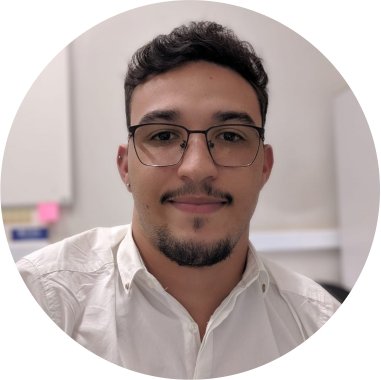
Ítallo Cristian da Silva de Oliveira
Center for Nuclear Energy in Agriculture, University of São Paulo, Brazil
Biologist and Master in Ecology and Biodiversity Conservation from the State University of Maranhão (UEMA). Ph.D. candidate in Sciences at the Center for Nuclear Energy in Agriculture of the University of São Paulo – CENA/USP, with a research line in Chemistry in Agriculture.

Jacqueline Ribeiro do Nascimento
Federal University of São Paulo, Brazil
I am a master’s student in Integrated Environmental Analysis, with a background in Chemistry. My research focuses on monitoring antifungal pharmaceuticals in natural waters, combining chemical analysis and Python-based data science. I also have experience in environmental chemistry and textile effluent treatment using alternative adsorbents.

João Vitor Rampazo
Federal University of São Paulo, Brazil
Biology graduate and current master’s student at UNIFESP, conducting research in the Marine Ecotoxicology Laboratory (LECO2MAR) on the effects of ocean acidification and PAH contamination using amphipods.
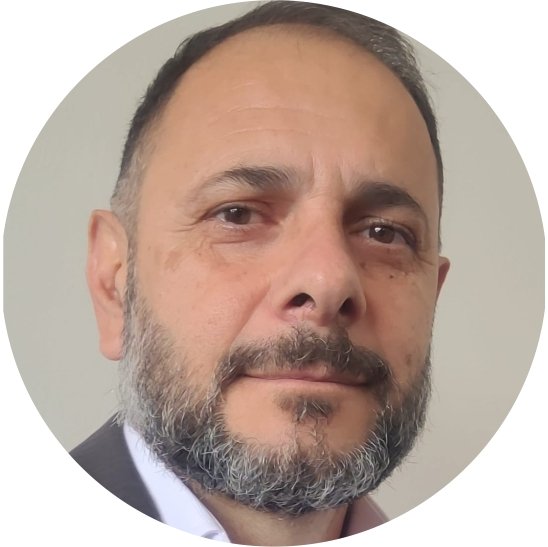
Joel Marcelo Saballo
Federal University of São Paulo, Brazil
I am, a final-year Environmental Engineering student at the Federal University of São Paulo (UNIFESP), where I previously earned a Bachelor’s degree in Interdisciplinary Marine Science and Technology in 2021.
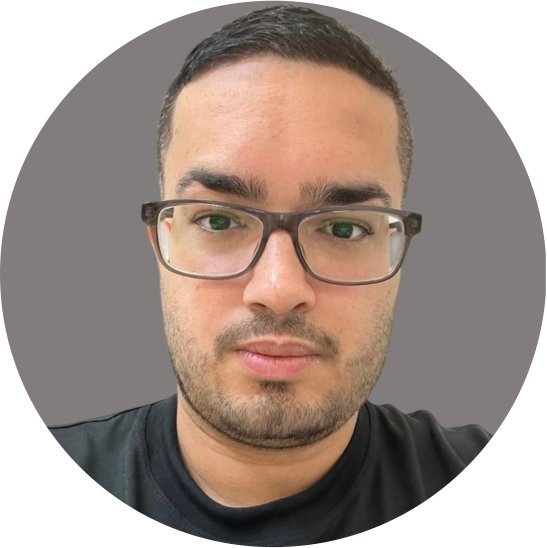
Jonatas Luiz Ramos
Federal University of São Carlos, Brazil
Master’s student in Materials Science (UFSCar–PPGCM-So). Degree in Chemistry. Focus on biosorption and environmental analysis of emerging contaminants in water and soil.
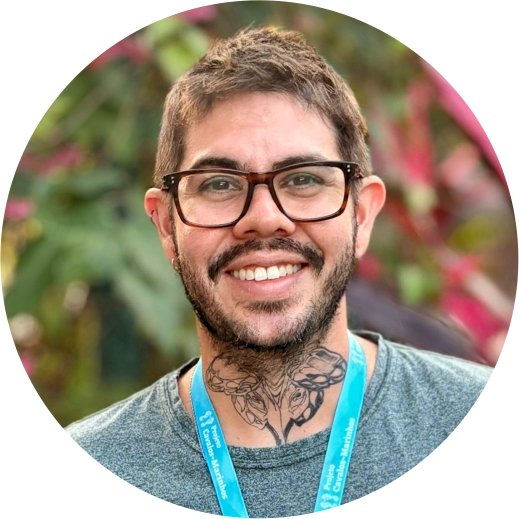
José Araújo Souto Neto
Federal University of Rio de Janeiro, Brazil
Postdoctoral researcher in Biophysics (UFRJ) with a Ph.D. in Physiology (USP). Investigates effects of light, microplastics, and personal care products on marine biota, integrating ecotoxicology, chronophysiology, and the One Health approach.
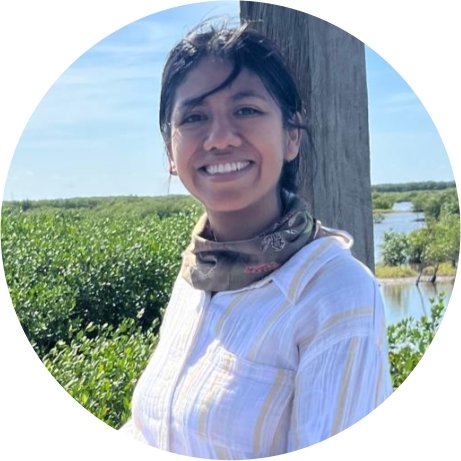
Judith Denerith Ramírez Antonio
National Autonomous University of Mexico, Mexico
Master’s student at the Laboratory of Ecotoxicology and Animal Ecophysiology. She holds a degree in Earth Sciences from the National Autonomous University of Mexico. She’s interested in the effects of PFAS and nanoplastics on marine organisms.

Júlia Lino Duz
University Santa Cecília, Brazil
Graduated in Biological and Marine Sciences, I am currently pursuing a Master’s degree in the Graduate Program in Marine Ecology. My main research focus is in ecotoxicology, investigating the impacts of textile microfibers on aquatic environments.
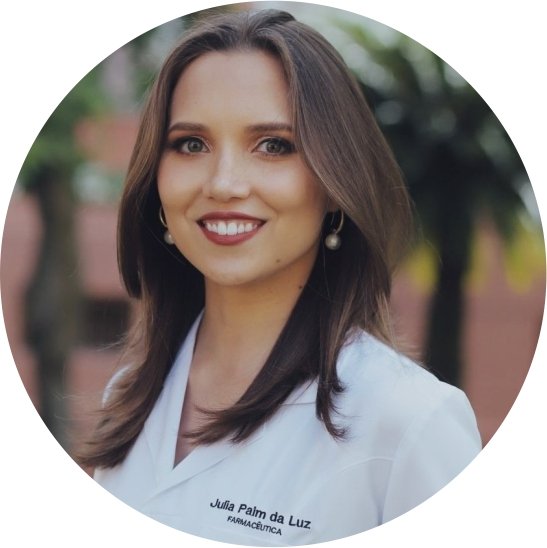
Julia Paim da Luz
Feevale University, Brazil
She holds a Pharmacy degree from the Federal University of Rio Grande do Sul and a technical degree in Chemistry. Currently pursuing a Master’s in Toxicology at Feevale University, her research focuses on developing bioanalytical methods to quantify PFAS in conventional and alternative biological matrices.
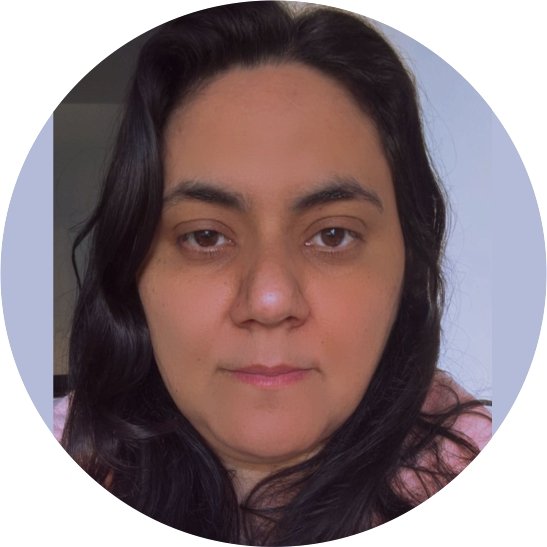
Juliana de Almeida
Federal University of São Paulo, Brazil
I am a chemist with Ph.D. from UNIFESP, specializing in CO₂ conversion through electrochemistry and metal oxide semiconductors. I completed part of my Ph.D. at the University of Texas at Arlington (PDSE/Capes). I have worked on CO₂ reduction using MOF-modified films (INCT-DATREN) and currently hold a FAPESP postdoctoral fellowship in a project with Sabesp on removing organic contaminants from drinking water. I also collaborate with the University of Manchester through a FAPESP-SPRINT initiative.
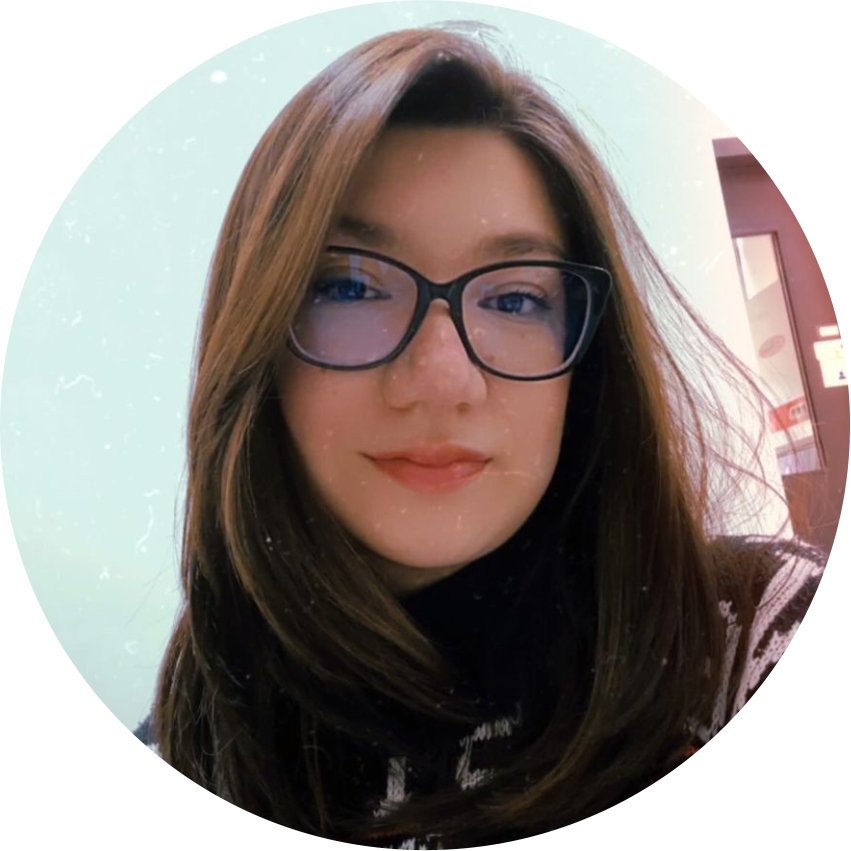
Juliana Cin Fung Jang Bertachini
Federal University of São Paulo, Brazil
Bachelor’s in Biomedicine (FMU), with focus in Toxicology and Molecular Biology. Completed a Scientific Initiation at FMU and another at LEMI–EPM/Unifesp. Currently pursuing a Master’s at LEMI on environmental yeast isolation.
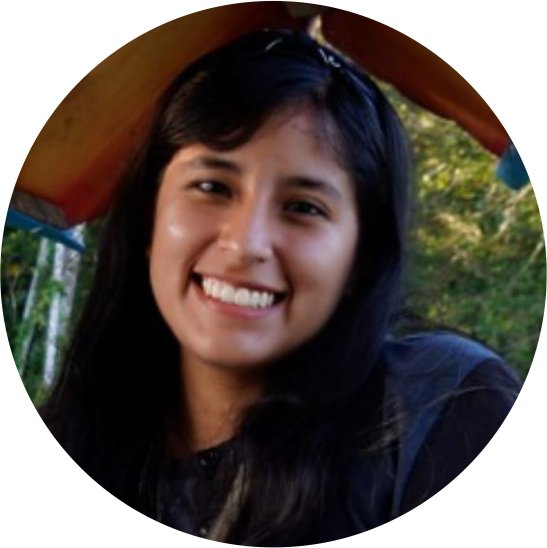
Julieth Esther Chancay Sánchez
Regional Amazonian University Ikiam, Ecuador
I am a Geoscience Engineer from Ikiam University (Ecuador) and a researcher in Earth and Climate Sciences. My work focuses on atmospheric microplastics in Andean glaciers and Amazonian rivers, as well as the role of Terra Preta soils in carbon capture and emerging contaminants.
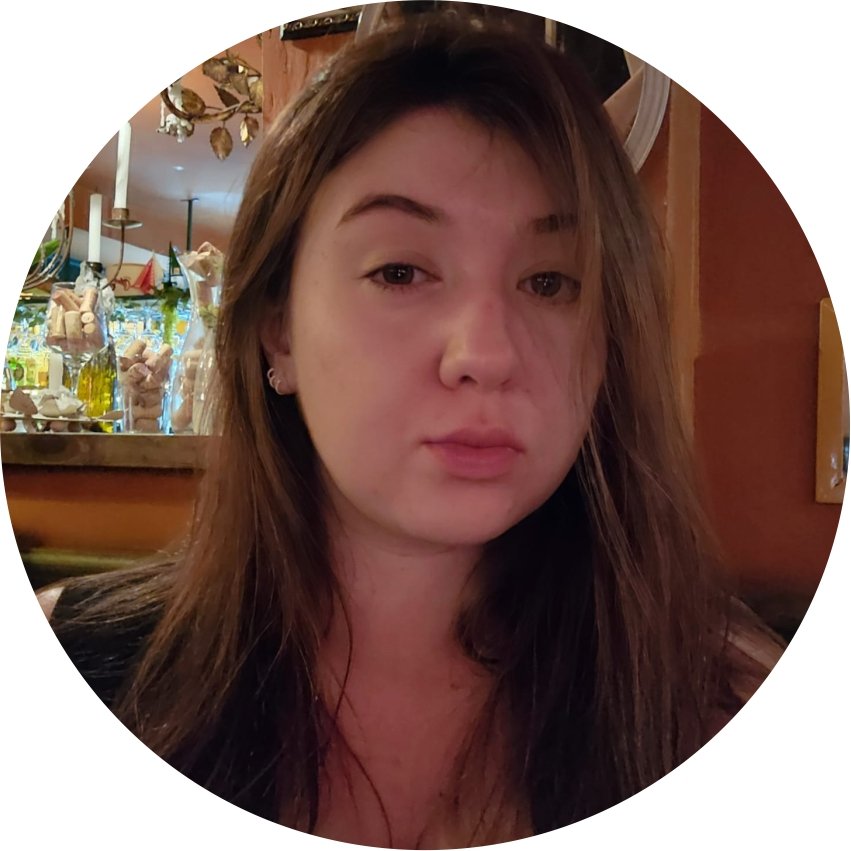
Karoline Kristina Kemmerich
Federal University of São Paulo, Brazil
Graduated in Biomedical Sciences, she holds a Master’s degree in Science from the Department of Infectious Diseases at UNIFESP. She is currently pursuing a Ph.D. at the same institution, researching microplastics as potential modulators of resistance mechanisms in Candiozyma auris.
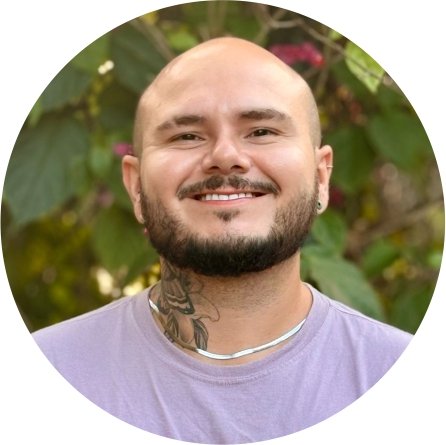
Kassiano dos Santos Sousa
Oswaldo Cruz Foundation, Brazil
Postdoc at Fiocruz and Ph.D. in physiology from USP. Studies the effects of cocaine, its metabolite, and other emerging pollutants on aquatic organisms, focusing on ecotoxicology, environmental health, and chronopharmacology.
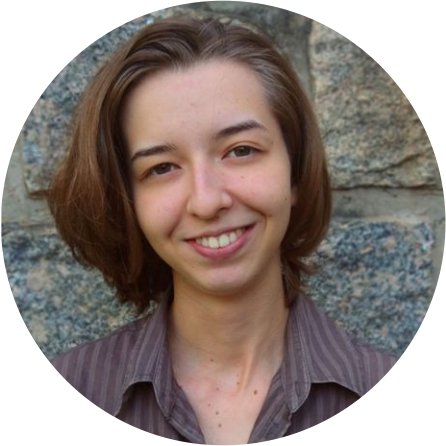
Katianna Hugue
Federal University of Rio Grande do Sul, Brazil
Chemical Engineering Master’s student at UFRGS, evaluating ecotoxicity of ozonation byproducts from an urban stream using Lactuca sativa and Allium cepa bioassays. As an undergrad, I researched pharmaceutical degradation by heterogeneous photo-Fenton.
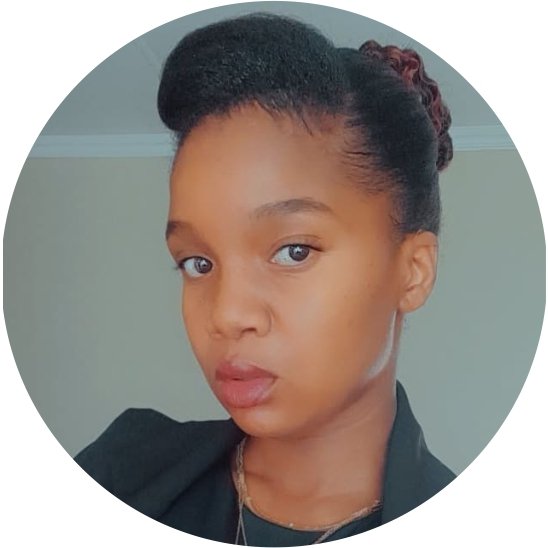
Keotshepile Amanda Malebadi
North-West University, South Africa
Chemist and M.Sc. student in Chemistry at North-West University. She is part of the Inorganic and Materials Chemistry Research Group, focusing on nanotechnology for environmental remediation, developing photocatalytic membranes for wastewater treatment to remove pharmaceutical pollutants.
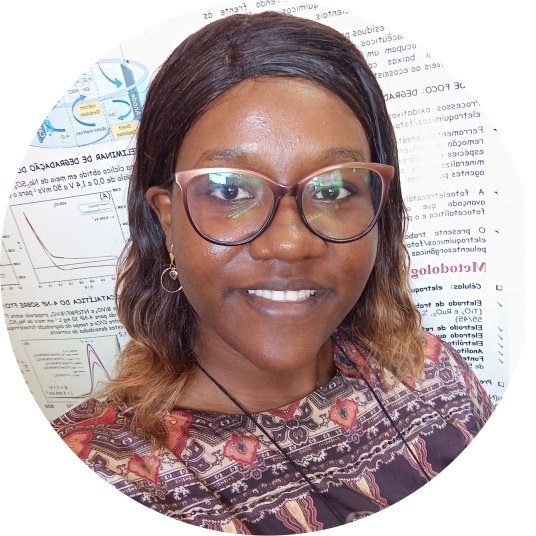
Kerene Cristina Bedi
University of Afro-Brazilian Lusophone Integration, Brazil
I am 21 years old and I am Angolan. I live in Brazil, specifically in the state of Ceará, and I am studying for my degree in Chemistry at the University of Afro-Brazilian Lusophone Integration (UNILAB).
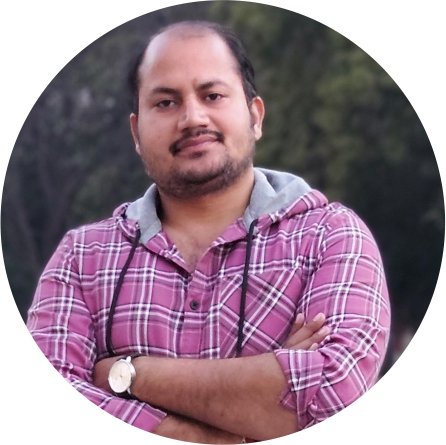
Krishna Kumar Pandey
Banaras Hindu University, India
I doing as a senior research scholar at Institute of Environment & Sustainable Development, Banaras Hindu University, under the supervision of Dr. P Abhilash & My research focuses on plastic pollution in agricultural ecosystems, specifically assessing its impact on soil.
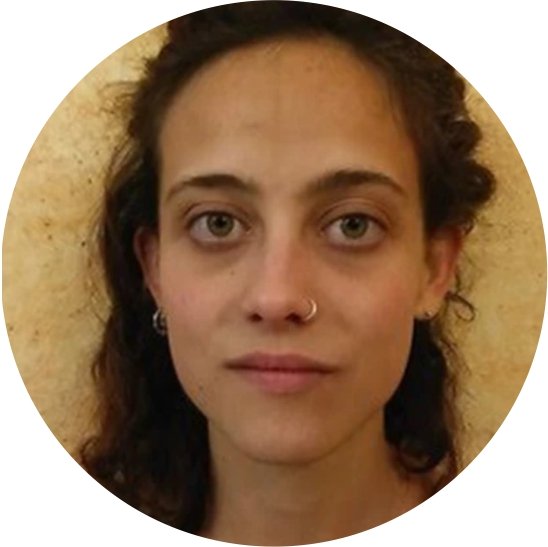
Lara Nigro
University of Milano-Bicocca, Italy
I’m a research fellow at the University of Milano-Bicocca, where I began studying PFAS. I’m very glad to start this new experience thanks to ESPCA.
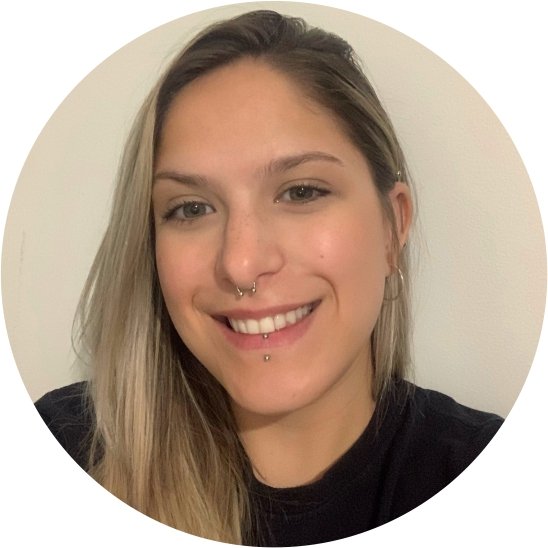
Laura Bordignon
Center for Nuclear Energy in Agriculture, São Paulo University, Brazil
Master’s student at the Center for Nuclear Energy in Agriculture (CENA/USP), in the Ecotoxicology Laboratory. Agronomist from the Federal University of Santa Catarina (UFSC). Research focuses on weed science and herbicides, with emphasis on pesticide traceability in food.
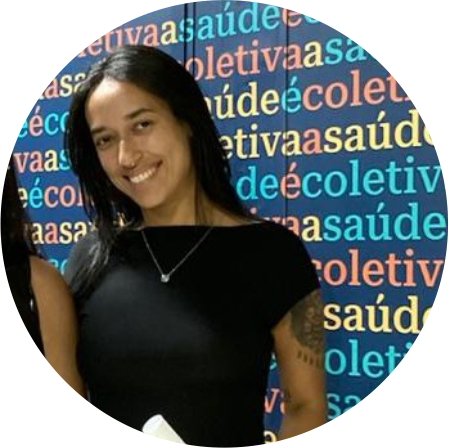
Laura de Jesus dos Santos
Oswaldo Cruz Foundation (FIOCRUZ), Brazil
I am a Ph.D. student in Public Health and Environmental Health at ENSP Sérgio Arouca. My current research investigates how contaminants released by socio-environmental pressures in the Alto Xingu region impact fish health, essential in the Indigenous diet, and consequently the local communities, through biomarkers of exposure and oxidative stress.

Lauren Marie Ward
University of Michigan, United States of America
Lauren is a postdoctoral fellow at the University of Michigan Center for Global Health Equity. She holds a Ph.D. in Environmental Health Science and an MPH in Tropical Medicine. Her research focuses on how chemical pollutants impact immunity.
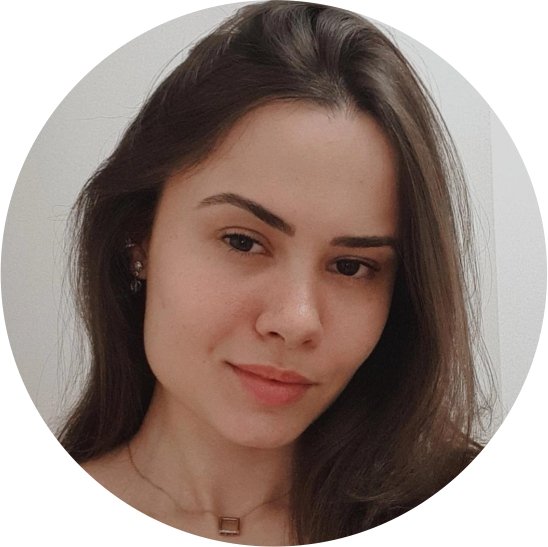
Luana Riechelmann Casarin
São Paulo State University, Brazil
I’m a Ph.D. student investigating how widely used herbicides may induce toxic and carcinogenic effects, particularly in the liver. I’m especially interested in the low-dose combined effects of exposure—a topic often overlooked in toxicology and cancer research.
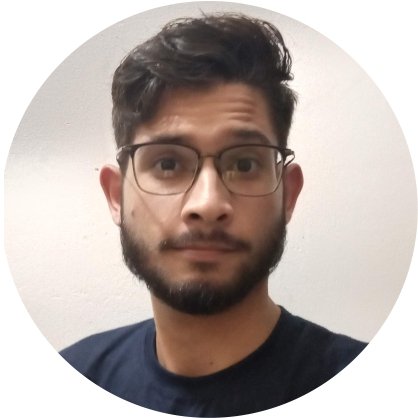
Lucas Pereira Mendes da Silva
Federal University of São Paulo, Brazil
Bachelor in Chemistry (UNIFESP). Master’s student in Environmental Analysis, researching antifungal adsorption on plastics and its contribution to antimicrobial resistance in environmental and hospital settings.

Lucía Bolaños Aguilar
University of Costa Rica, Costa Rica
I am a chemist working as a lecturer and researcher at the University of Costa Rica. I study pollutant transport in a rural/urban basin. My focus is on environmental chemistry, limnology, and analytical techniques for water quali
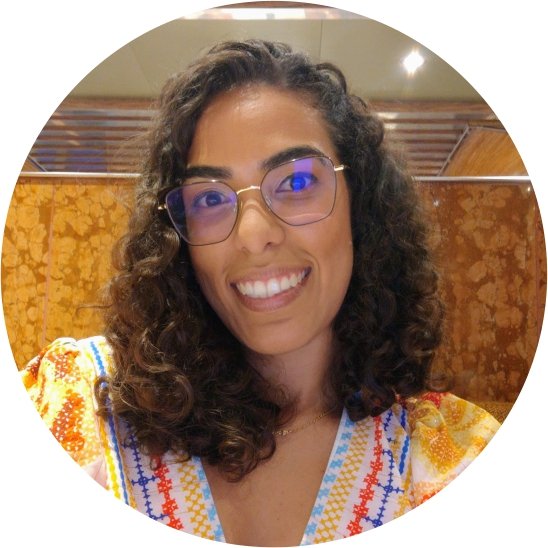
Luísa Madeira Marinho
Federal University of Rio de Janeiro, Brazil
I am a Ph.D. student in Biological Sciences (Biophysics) at UFRJ, with an emphasis on Environmental Health. My research is related to the remobilization of emerging pollutants and trace elements associated with the dredging process of a Lagoon Complex in Rio de Janeiro, Brazil.

Luísa Vachias de Andrade Peres
Federal University of São Paulo, Brazil
Chemical Engineering student at Federal University of São Paulo with research experience in materials (PVC) and water treatment. Currently working on activated biochar in fixed-bed systems to remove priority antibiotics and committed to sustainability in the Laboratory of Integrated Sciences (LabInSciences).
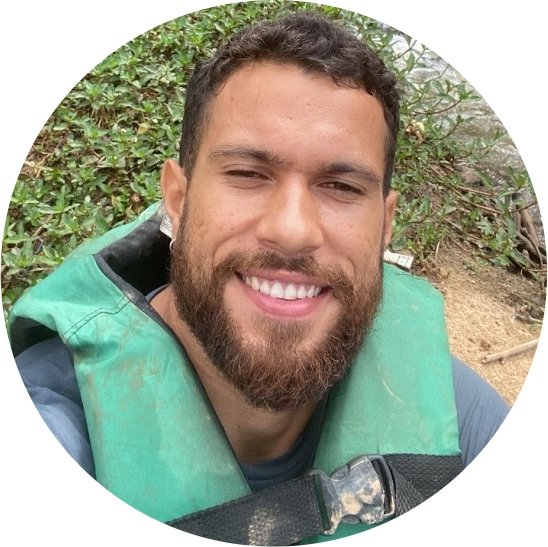
Luiz Felipe Lobo
University of Campinas, Brazil
I am Chemist and Ph.D. student in Analytical Chemistry at the University of Campinas. I am a member of the Environmental Chemistry Laboratory (LQA) and my research investigates contamination profiles of microplastics and pesticides in Brazilian watersheds.
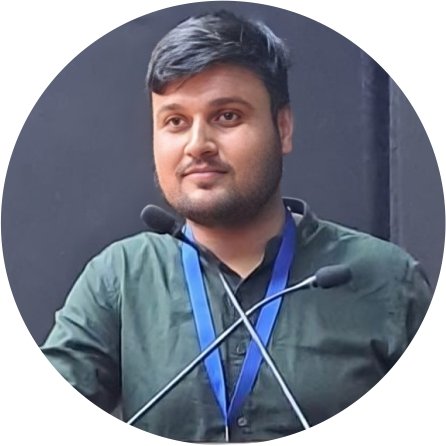
Manish Chaudhary
Doon University, India
I am a senior research fellow at Doon University, supported by the INSPIRE Fellowship. I hold degrees in Environmental Technology and Civil Engineering. My research focuses on emerging pollutants, microplastics, and eco-friendly materials. I have published scientific work, hold patents, and have participated in international conferences and technical trainings.
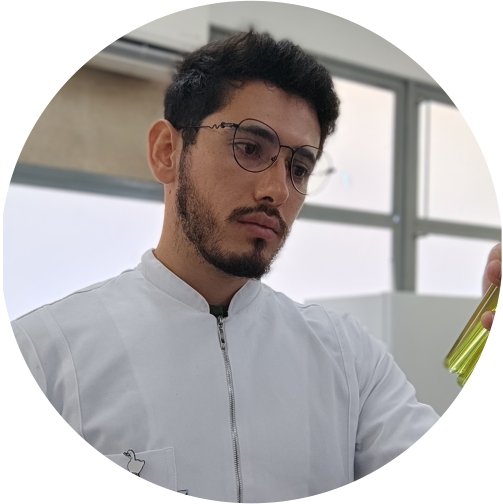
Marco Aurélio Miranda Soares
Federal University of São Carlos, Brazil
Biologist, M.Sc. in public health and Ph.D. student in physiology. Research focuses on ecotoxicology of freshwater fish, assessing biochemical, behavioural , and physiological biomarkers under emerging contaminants. Experience in water quality, health surveillance, and environmental risk assessment.
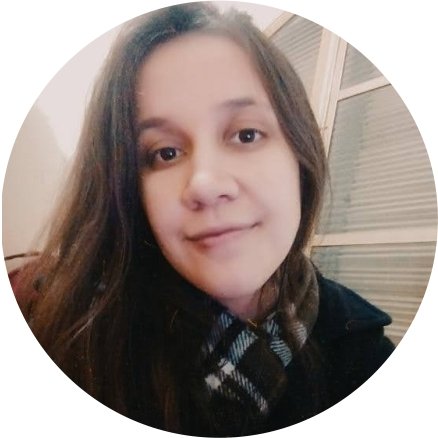
Maria Gabriela Franco de Lima
Federal University of Uberlândia, Brazil
Biologist with a Master’s in Cell and Molecular Biology, and currently pursuing a Ph.D. in Ecology, Conservation, and Biodiversity. Experienced in ecotoxicology and citizen science. Research focuses on aquatic ecotoxicology in urban aquatic ecosystems.
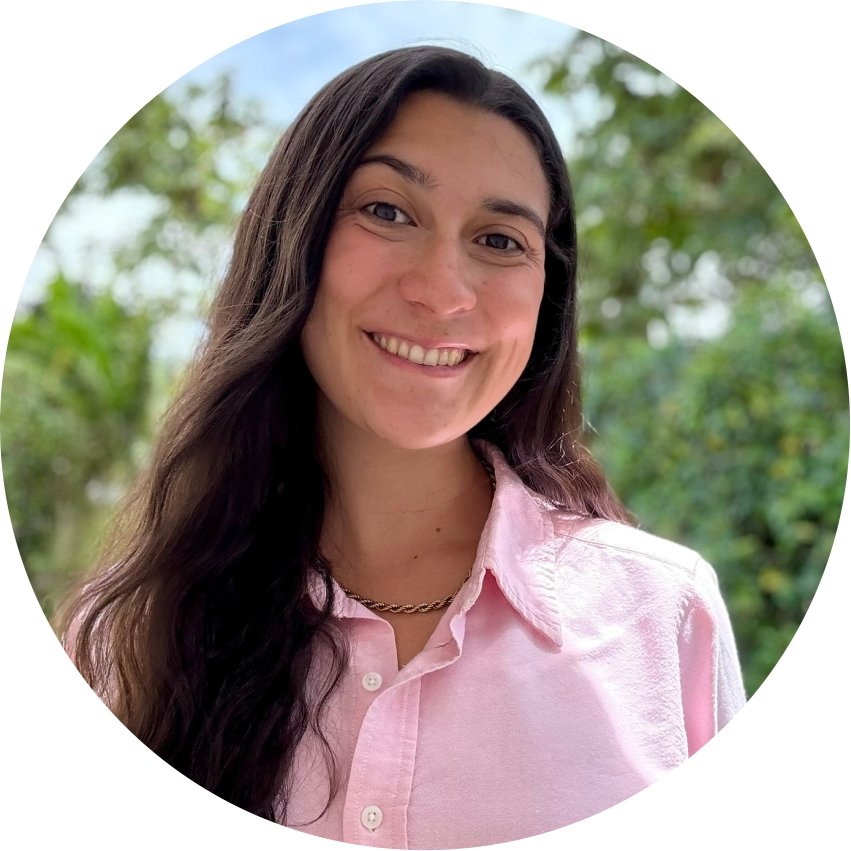
Mariela González Pujol
Research Center of Environmental Contamination, Costa Rica
Final-year Microbiology and Clinical Chemistry student at the University of Costa Rica and research assistant at the Bioremediation and Ecotoxicology Laboratories of the Environmental Pollution Research Center. My work focuses on microbial pesticide degradation in liquid and solid matrices.

Michael Ribas Celano
Federal University of Rio de Janeiro, Brazil
Master and Ph.D. student in Environmental Health (IBCCF/UFRJ), graduated in Natural Sciences (UNIRIO). Works with antibiotic resistance in cyanobacteria, ecotoxicology of cyanotoxins and pollutants, environmental education, and scientific dissemination.

Michail Pipinis Troupakis
University of Helsinki, Finland
I am a Ph.D. researcher at the University of Helsinki, studying diffuse pollution from agricultural sources and its effects on water quality and freshwater plankton. Previously, I focused on how marine phytoplankton is impacted by human activities.

Mitzi Yanin Ayala Campos
National Autonomous University of Mexico, Mexico
I am a biologist and Ph.D. candidate at the Institute of Marine Sciences and Limnology (UNAM), researching the eco-physiology of Limulus polyphemus larvae and the effects of environmental stressors on their development. I have 10 years of experience in aquariums, animal welfare, environmental education, sargassum management and recovery of impacted coasts, as well as conservation work at Revillagigedo National Park under the National Commission for Protected Natural Areas.

Mónica Alejandra Herrera Agudelo
Andres Bello University, Chile
I am a Ph.D. candidate in Conservation Medicine and chemist specializing in trace-level analysis of contaminants in aquatic systems. My research focuses on PPCPs in remote Antarctic marine ecosystems, investigating their persistence, bioaccumulation, and endocrine-disrupting effects on native fish.
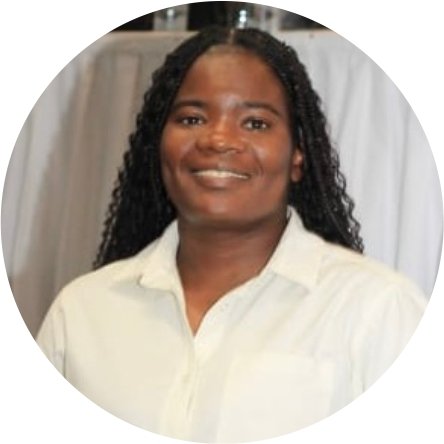
Murendeni Patriciah Ravele
North West University, South Africa
I am a Ph.D. candidate in Chemistry at NWU, South Africa, researching the photocatalytic removal of metals and pharmaceuticals from wastewater using green nanomaterials. I have experience in materials characterization, a strong publication record, and a commitment to sustainable solutions and science communication.
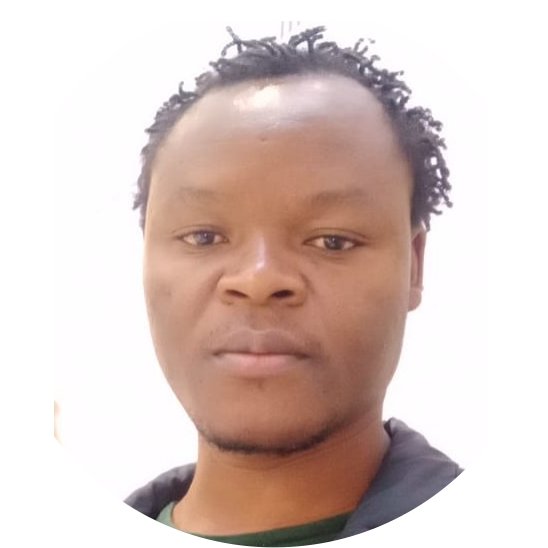
Mussa Issufo
Federal University of São Carlos, Brazil
Ph.D. student in Biotechnology and Environmental Monitoring, focusing on effects and low-cost methods for recovery of microplastics in different matrices.

Nathália Medeiros Nehme
State University of Rio de Janeiro, Brazil
Ph.D. student with a research project that aims to evaluate the effects of exposure to micro and nanoplastics in critical periods of life. She also works evaluating effects of exposure to bisphenol A analogues. Area of interest: Endocrine Physiology.
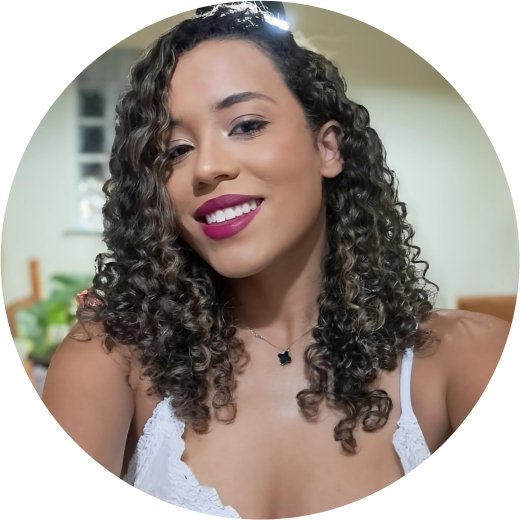
Nelyana Oliveira Serpa
Federal University of Rio de Janeiro, Brazil
I am a Ph.D. student in Endocrinology at UFRJ. I study the effects of bisphenol A analogues and plastic microparticles during gestation, lactation and adulthood, including the impacts of acute exposure in adult life.
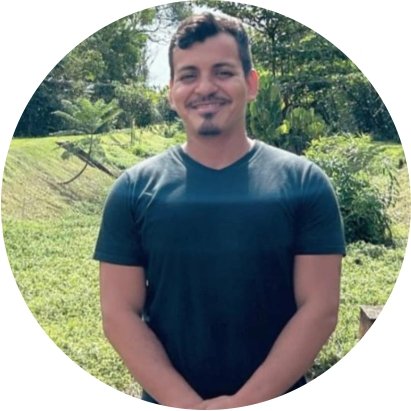
Neuton Trindade Vasconcelos Junior
Federal University of Pará, Brazil
Ph.D. student in Geology and Geochemistry at UFPA, researching pharmaceutical residues and trace elements in estuaries. Experience in environmental chemistry, ICP OES, and lab quality. Collaborating researcher at Evandro Chagas Institute (IEC).
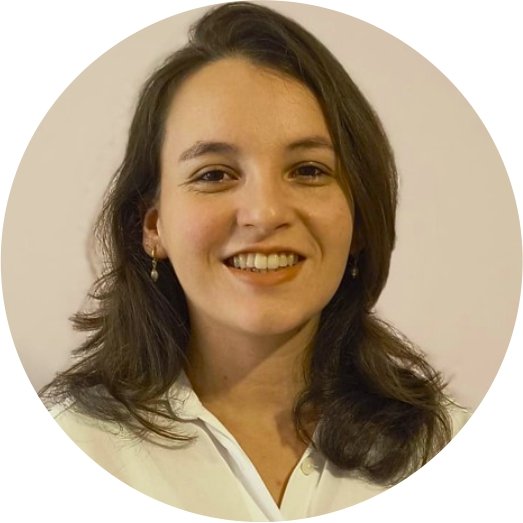
Nicoly Milhardo Lourenço Nohara
Lorena School of Engineering, University of São Paulo, Brazil
Ph.D. student in the area of nanoparticle synthesis applied to the photodegradation of microplastics. Graduated in Environmental Engineering, I have been studying issues related to environmental pollution for over 15 years.
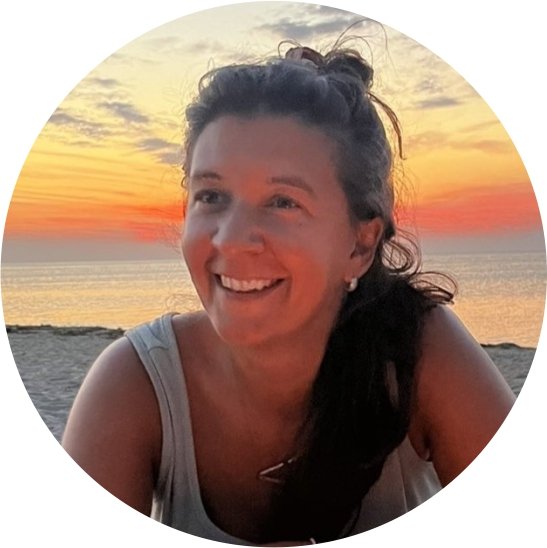
Nikoletta Digka
Hellenic Centre for Marine Research (HCMR), Greece
Marine biologist and ecotoxicologist focusing on marine plastic pollution and microplastics. Actively involved in projects that monitor and assess microplastic ingestion in marine biota, the impacts and its ecological consequences for the Mediterranean.

Parisa Akbari Dana
Eskişehir Technical University, Turkey
My doctoral research focused on understanding inhalable micro(nano)plastics, with a particular emphasis on size segregation. The study investigated the spatial distribution of these particles across industrial, urban, and rural environments, as well as their seasonal.
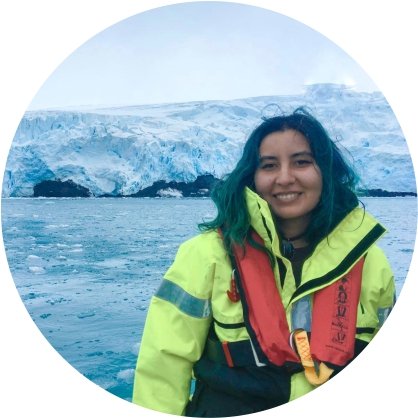
Paula Noemí Tapia Pino
Universidad de Chile, Chile
Chilean chemist finishing M.Sc. in Environmental Chemistry. Research on PAH bioaccumulation in Antarctic plankton. Also collaborated on AMR in Chilean Patagonia and on greenhouse gases in southern Chile and urban areas.
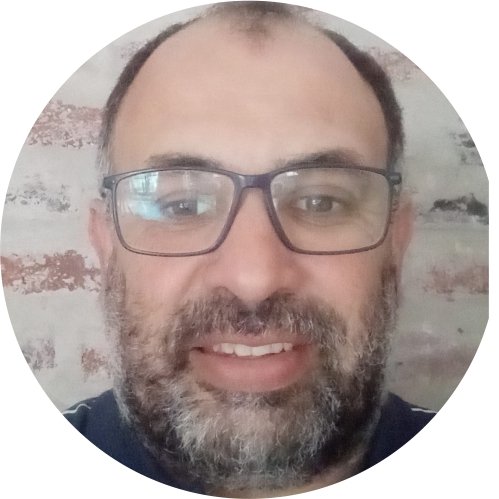
Paulo Roberto Frontera González
Eastern Regional University Center (CURE): Uruguay
I am a pharmaceutical chemist at OSE, Uruguay’s public water supplier, with experience in water treatment, monitoring, and lab management. During the 2023 water crisis, I supported key decisions on disinfection by-products. I am currently pursuing a Ph.D. on the removal of emerging contaminants in drinking water, aiming to inform sustainable policies and regulation.
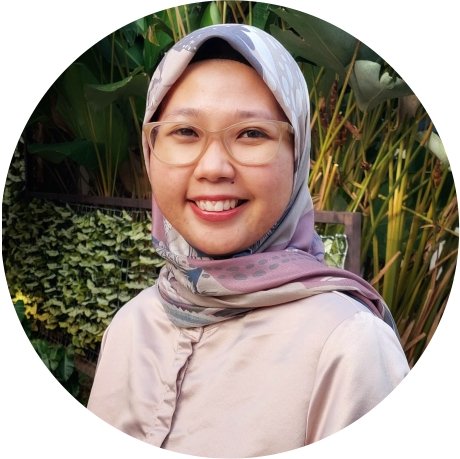
Prismita Nursetyowati
Institute of Technology Bandung, Indonesia and Coventry University, United Kingdom
I am a pharmaceutical chemist at OSE, Uruguay’s public water supplier, with experience in water treatment, monitoring, and lab management. During the 2023 water crisis, I supported key decisions on disinfection by-products. I am currently pursuing a Ph.D. on the removal of emerging contaminants in drinking water, aiming to inform sustainable policies and regulation.
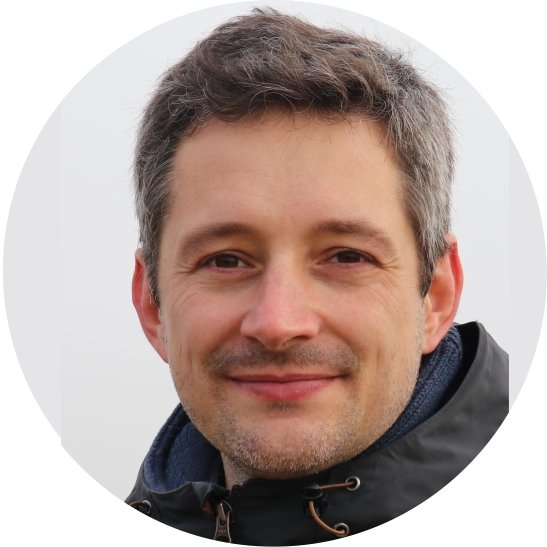
Rafael Trevisan
Laboratory of Marine Environmental Sciences (LEMAR), France
Marine ecotoxicologist investigating how plastic properties and sorbed emerging pollutants exacerbate the risks of plastic pollution in coastal ecosystems. Dedicated to transforming scientific insights into practical solutions for healthier oceans.

Rafael Vinícius de Oliveira
Federal University of São Carlos, Brazil
Ph.D. student in Biotechnology and Environmental Monitoring at UFSCar, Brazil. I am a member of the Plastic Pollution Research Group, working with microplastics. I am interested in emerging contaminants and sustainable mitigation strategies.

Rocío Luciana Bray
Argentine Institute of Oceanography (IADO), Argentina
I am an oceanographer and Ph.D. student in Chemistry at Universidad Nacional del Sur. My research at IADO-CONICET focuses on the effects of microplastics and persistent organic pollutants on marine biota in Southwestern Atlantic ecosystems.
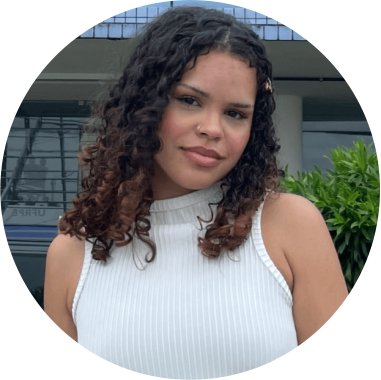
Rute Vitória Gomes Andrade
Federal Rural University of Pernambuco, Brazil
I am an Environmental Engineering student at UFRPE, whose main research interests involve marine pollution dynamics and the role of seagrasses in contaminant retention, with a focus on the conservation of tropical coastal ecosystems.
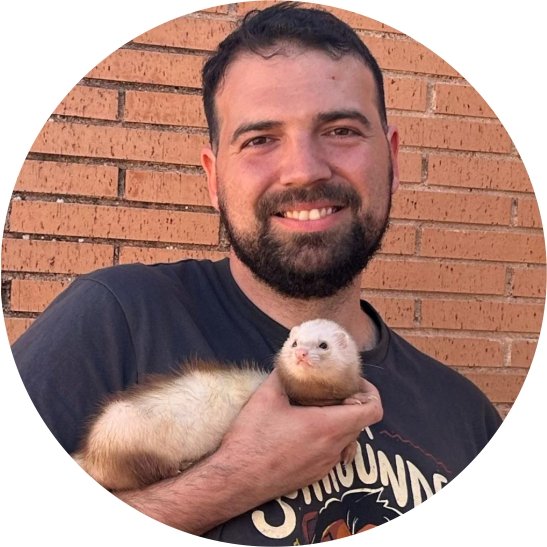
Samuel González López
Institute for Game and Wildlife Research, Spain
Biologist and Ph.D. student in Amphibian Ecotoxicology at the University of Castilla-La Mancha, Spain. Researching sublethal and physiological responses to pollutants and how environmental stress affects amphibian ecophysiology and life-history traits.
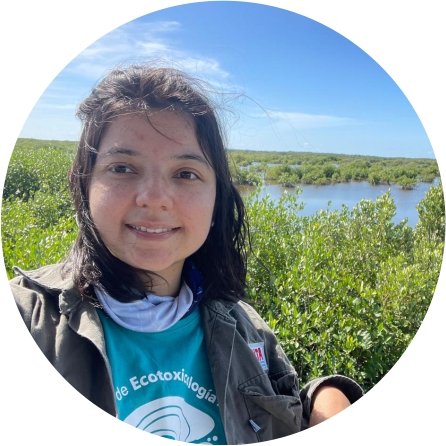
Shirley V. Daniela Fonseca Peña
Autonomous University of Mexico, Mexico
Postdoctoral researcher at the Institute of Marine Sciences and Limnology, UNAM (Mexico). My research focuses on the individual and combined effects of emerging contaminants on aquatic organisms and environmental risk assessment. I am a Colombian biologist with a Ph.D. in Biological Sciences from the National University of La Plata (Argentina).

Siméon Tchakonté
University of Buea, Cameroon
Senior Lecturer-Researcher in the field of Hydrobiology and Environmental Science. My main research areas include anthropogenic water pollution and control, and ecological monitoring and modelling of freshwater and marine ecosystems’ biota.
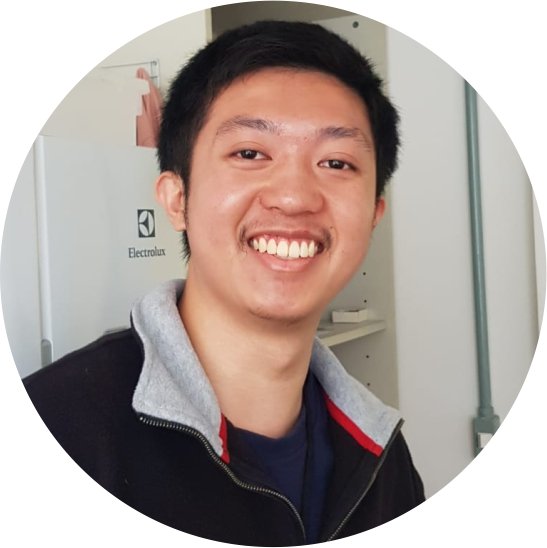
Steven Liang
Federal University of São Paulo, Brazil
Undergraduate student in Chemistry at UNIFESP and researcher at LabinSciences, focused on developing monitoring strategies and adsorbent materials for antiepileptic pollutants, with emphasis on sustainability and innovation.

Stephanie Elena Sosa Pulcha
Catholic University of Santa María, Arequipa, Peru
Biotechnology Engineer with experience in the formulation and execution of basic and applied research projects in environmental biotechnology, bioremediation, and contaminant biodegradation.

Suelen Delfino De Souza
University of Franca, Brazil
I hold a degree in Chemical Engineering with an Environmental Emphasis and a Master’s in Science from the University of Franca. Currently, I am a Ph.D. candidate researching PFAS photodegradation, with a PDSE/CAPES scholarship at the Light Catcher Catalysis Lab, University of Bremen. My background includes work on hybrid materials for environmental remediation.
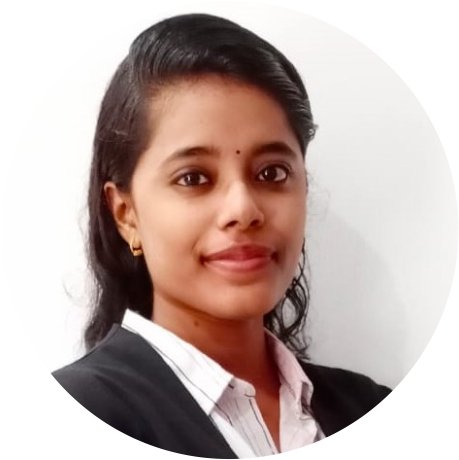
Suriya Vathi Subramanian
National, University of Malaysia, Malaysia
Malaysian Chemical Engineer with a Ph.D. in progress at the National University of Malaysia. Passionate about sustainable wastewater treatment using microalgae and photocatalytic membranes. Focused on removing emerging contaminants and promoting water reuse.
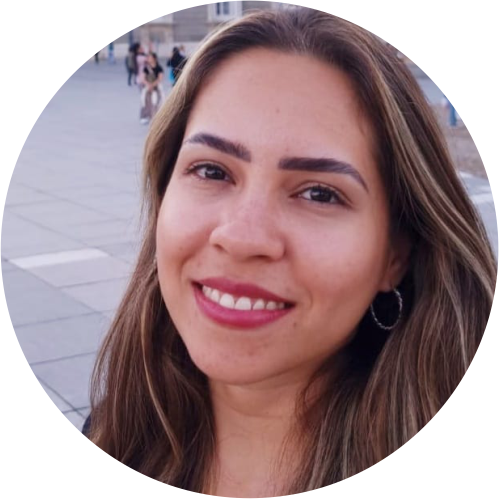
Taciana Guarnieri Soares Guimarães
Federal University of São Paulo, Brazil
Ph.D. candidate at UNIFESP (LabInSciences), with a sandwich period at iBET (Portugal). Research focuses on monitoring pharmaceutical compounds in the environment using green and circular chemistry and advanced analytical techniques such asliquid chromatography and ICP-MS; hyphenated analytical techniques.
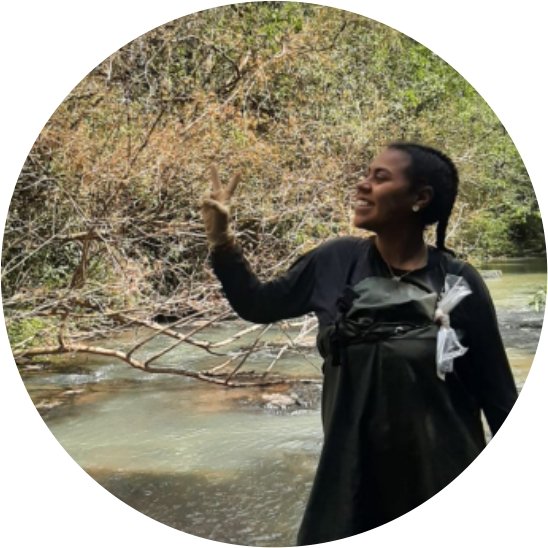
Taciéli dos Santos
Federal University of Minas Gerais, Brazil
I am a biologist with M.Sc. in Environmental Quality and I am currently pursuing a PhD in ecology. I have been working with microplastic contamination in fish and invertebrates, assessing ingestion and translocation.
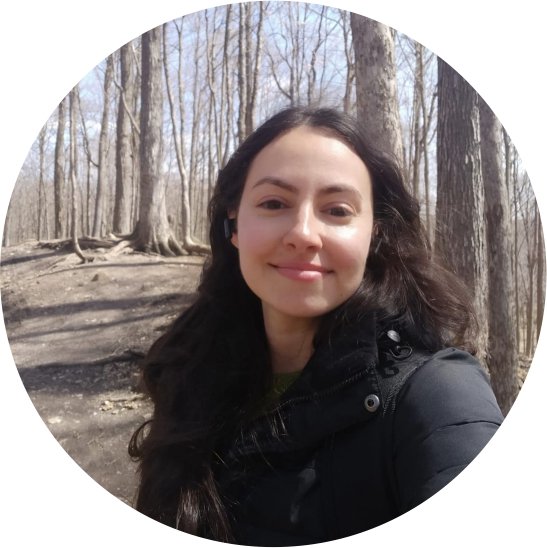
Tamiris Lopez Ferreira
Federal University of São Paulo, Brazil
Environmental Science graduate and MSc student at UNIFESP, currently focusing on developing methods to estimate microplastics transport and retardation in the environment.
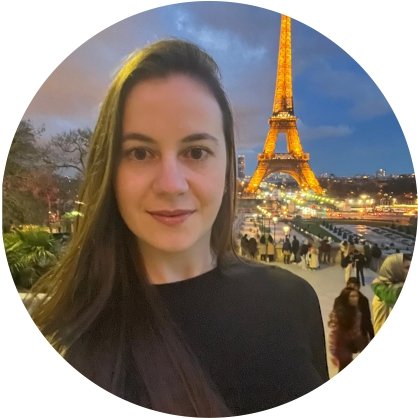
Tamiris Rosso Storck
Federal University of Uberlândia, Brazil
Environmental and Sanitation Engineer, master’s and Ph.D. in Environmental Engineering. Postdoc Researcher. The main focus of my research is to evaluate the presence of emerging pollutants in water resources and their effects on aquatic organisms.
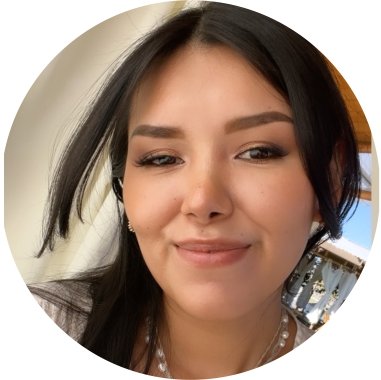
Tatiana Edith Laura Ponce de Olguin
National University Jorge Basadre Grohmann, Perú
Young researcher with M.Sc. in Environmental Management, specialised in emerging pollutants, advanced analysis (HPLC, LC-MS, ¹⁴C), and studying their behaviour, mobility, and synergistic interactions in environmental matrices.
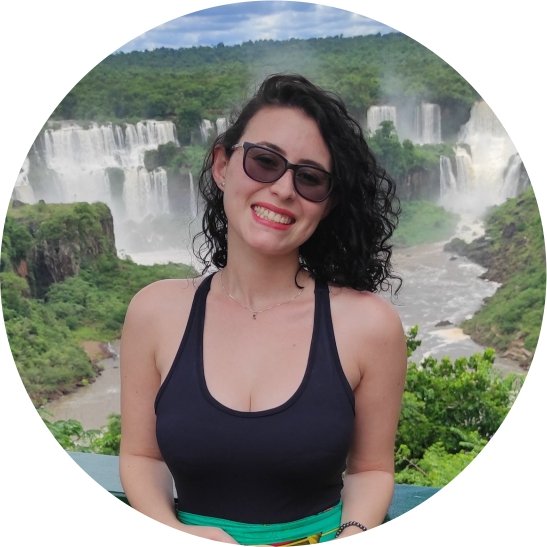
Tayne Samara Machado da Silva
Federal University of São Paulo, Brazil
Environmental Engineer from the Federal University of São Carlos (UFSCar) and a Master’s student in Integrated Environmental Analysis. The current research focuses on soil and groundwater contamination by microplastics and the properties that influence the transport of this emerging pollutant in these environmental matrices.
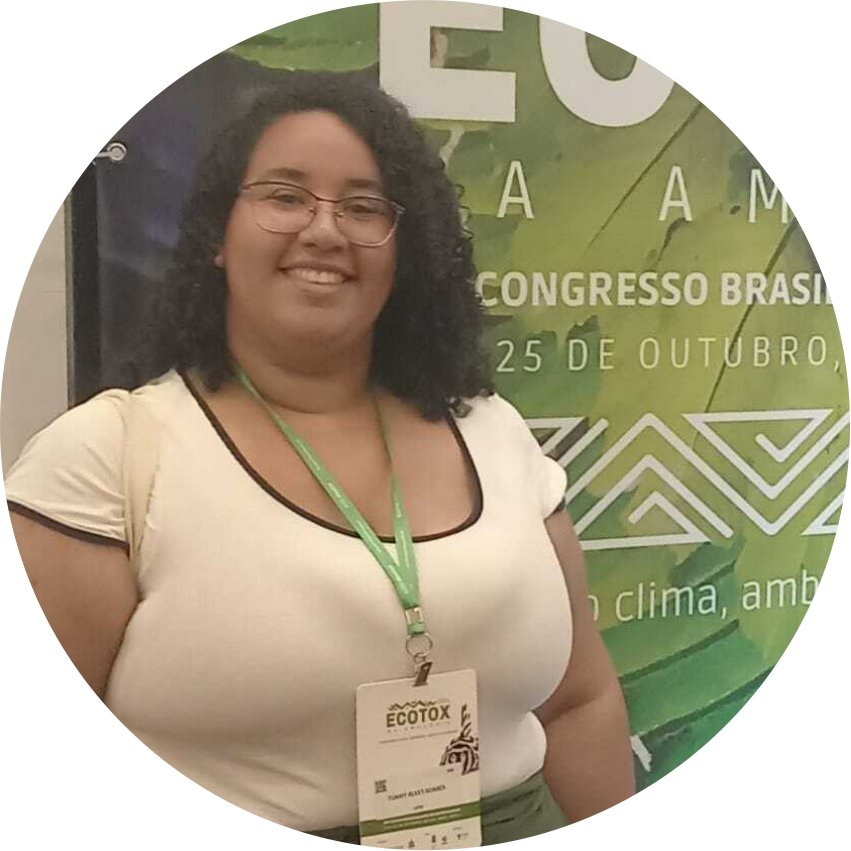
Tuany Alves Soares
Federal University of Rio de Janeiro, Brazil
Master and Ph.D. student in Biophysics (Environmental Health) at UFRJ, graduated in Ecology (UFRJ). Works with ecotoxicology of seabirds, investigating metals and persistent organic pollutants, with emphasis on remote tropical and polar islands.
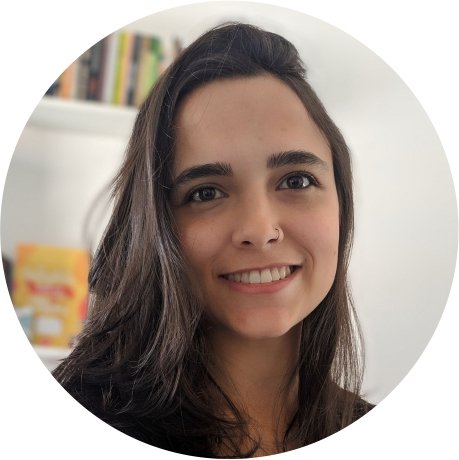
Thalita Gouveia Castilho
Federal University of ABC, Brazil
Environmental scientist (M.Sc.) and Ph.D. student in Energy, researching resource recovery from wastewater with a focus on direct interspecies electron transfer (DIET). Currently evaluating strategies for removing emerging pollutants using conductive materials.
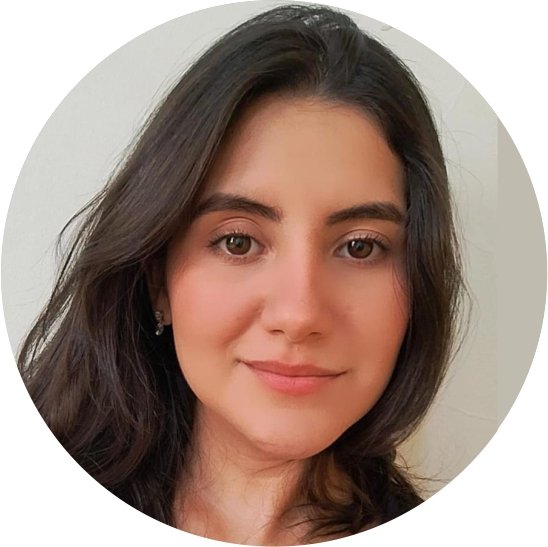
Thays Andréa Nogueira Lopes
São Paulo State University, Brazil
Master’s student at the Institute of Chemistry, São Paulo State University, Araraquara campus. Awarded for academic excellence during undergrad. Develops photoelectrocatalytic methods to degrade microplastics into high-value products and advance innovative environmental solutions.
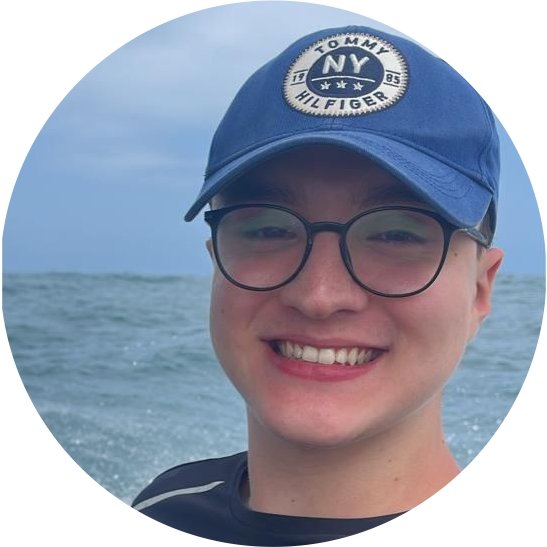
Thiago Felicíssimo Turíbio de Camargo
Federal University of São Paulo, Brazil
Environmental Engineering undergrad at UNIFESP. Holds a degree in Marine Science and Technology. Researches ecotoxicology of emerging pollutants (drugs and their metabolites, metallic nanoparticles) in aquatic invertebrates using biochemical biomarkers.
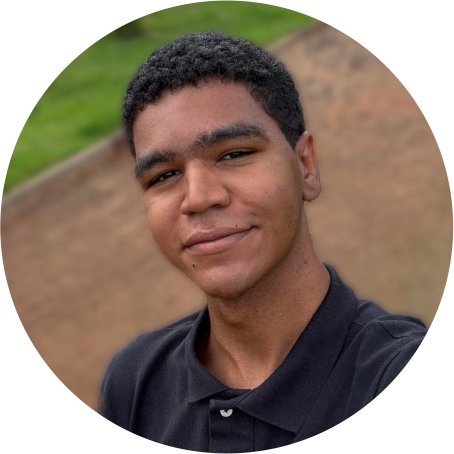
Thiago Silva Castão
Federal University of São Carlos, Brazil
Chemistry undergraduate at UFSCar and PIBIC fellow at Lab.-MPB. Research on biosorption for textile wastewater treatment, with a focus on Analytical Chemistry, sustainable technologies, and low-cost Chemistry education.
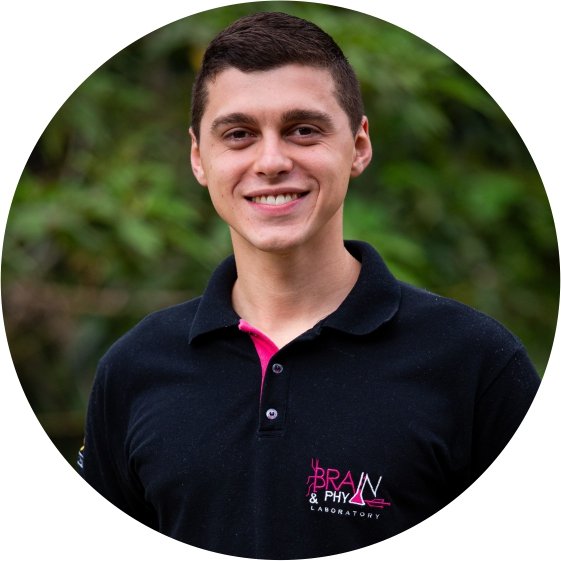
Thiago Svacina
Center for Nuclear Energy in Agriculture, University of São Paulo, Brazil
Ph.D. student at CENA/USP, researching honey traceability and pesticide risks to bees. Background in entomology, ecotoxicology, and sustainable agriculture, with leadership in startups and scientific innovation for pollinator-friendly farming.
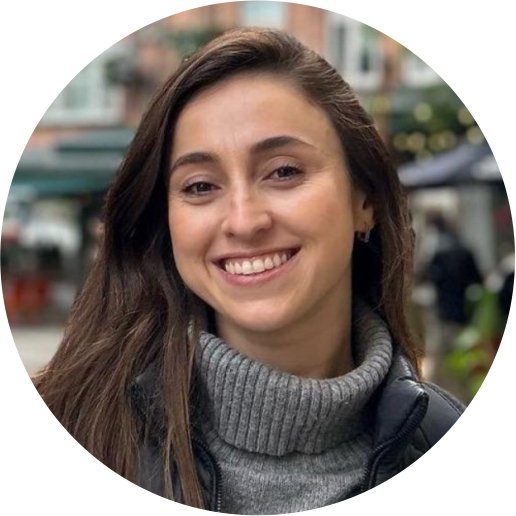
Thuanne Braúlio Hennig
Federal University of Santa Catarina, Brazil
Environmental engineer (UFFS), M.Sc. in Soil Science (UDESC), and Ph.D. in Environmental Engineering (UFSC). Focused on ecotoxicology, toxic action mechanisms, and ecological risk assessment of pesticides and nanoplastics in aquatic and terrestrial organisms.
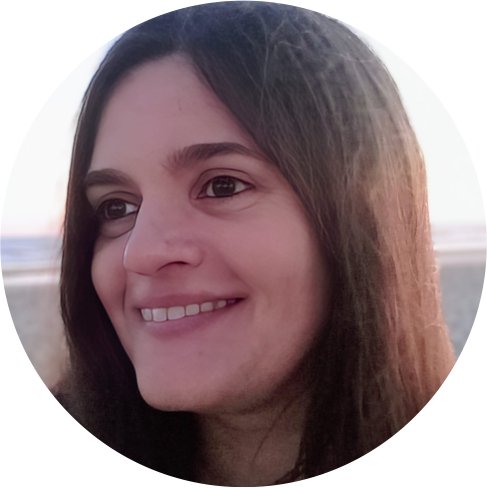
Vanessa Aranda Quirós
Institute of Marine Sciences of Andalusia (ICMAN-CSIC), Spain
I am a Ph.D. candidate at the University of Cadiz, specializing in ecotoxicology and the impacts of emerging pollutants such as sunscreens, pharmaceuticals, and microplastics on aquatic organisms. My work supports environmental conservation by evaluating toxicity in species of ecological and commercial importance.
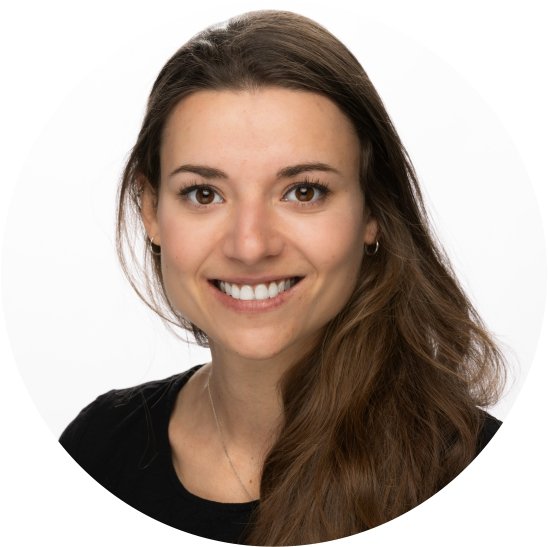
Vanessa Pahl
European Molecular Biology Laboratory (EMBL), Germany
Postdoctoral researcher at EMBL with a background in microbiology and metabolomics. I am working with biotransformation of chemical pollutants in marine environments under both laboratory and natural conditions. I apply high-throughput mass spectrometry (LC-MS, LC-MS/MS) to investigate microbial degradation and chemical attenuation, seeking to understand the natural bioremediation potential of marine ecosystems.

Victor Alfonso Castaño Rodriguez
National University of La Plata (UNLP), Argentina
I am a Colombian Ph.D. student in Chemistry (UNLP, Argentina). At LAPh Lab, I research carbophotocatalysis, developing eco-friendly materials that adsorb pollutants like drugs and degrade them through irradiation.
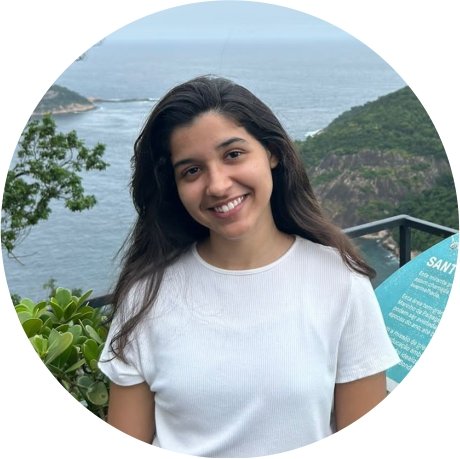
Vitória Érica Dias Avelino da Silva
Federal University of Rio Grande do Norte, Brazil
I am a master’s student in ecology. My research investigates how plastic degradation in the marine environment can alter carbon biogeochemistry and intensify the effects of anthropogenic acidification on the metabolism of reef-building corals.
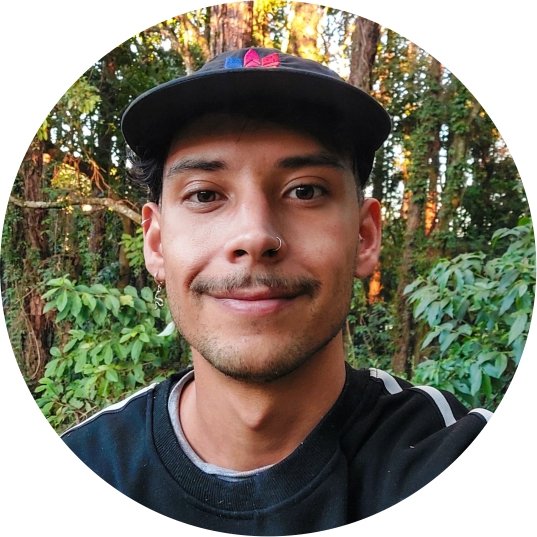
Yan Costa Gonçalves
Federal University of São Carlos, Brazil
I’m a Biologist and M.Sc. in Animal Physiology. Currently, PhD student in Environmental Sciences Program (PPGCam/UFSCar), with research experiences in comparative physiology and ecotoxicology of aquatic vertebrates.
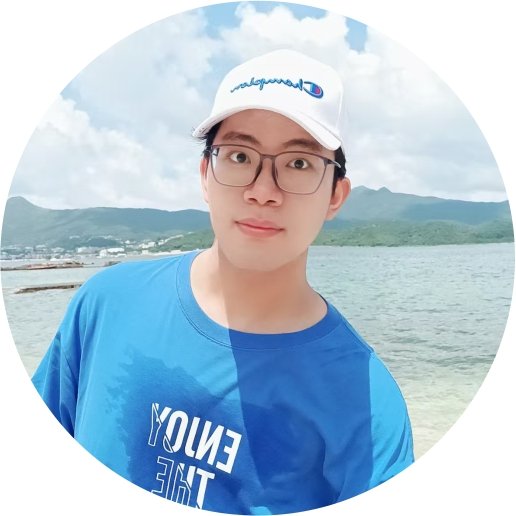
Zhe Tang
University of Barcelona, Spain
I am a Chemist holding the Master’s Degree in Chemistry and a Ph.D. in Materials Science. I work on research focused on the environmental applications of metal 3D printing, especially the new efficient removal solution for microplastics in water.
